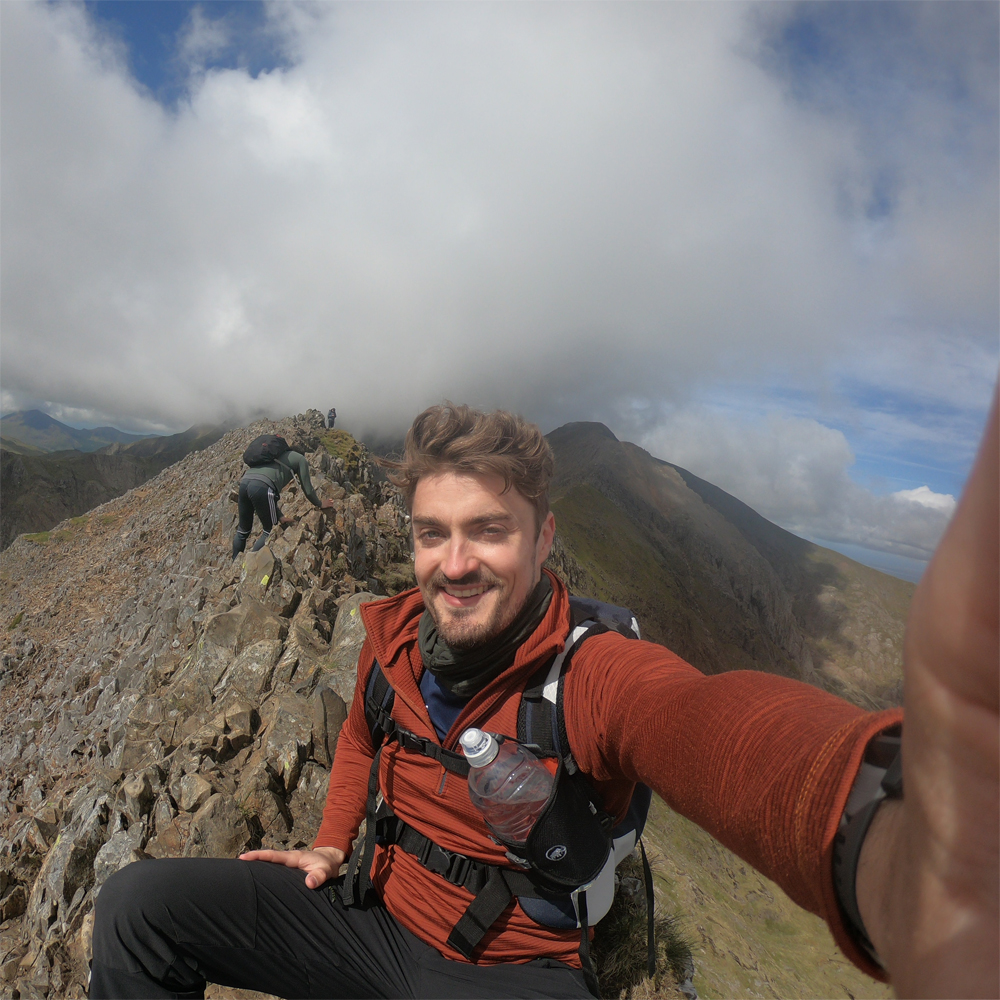The best 4-season sleeping bags: warm and packable bags for a cozy night's sleep, whatever the weather
Our experts have tested the best 4-season sleeping bags so you can make the right choice for your backcountry escapades
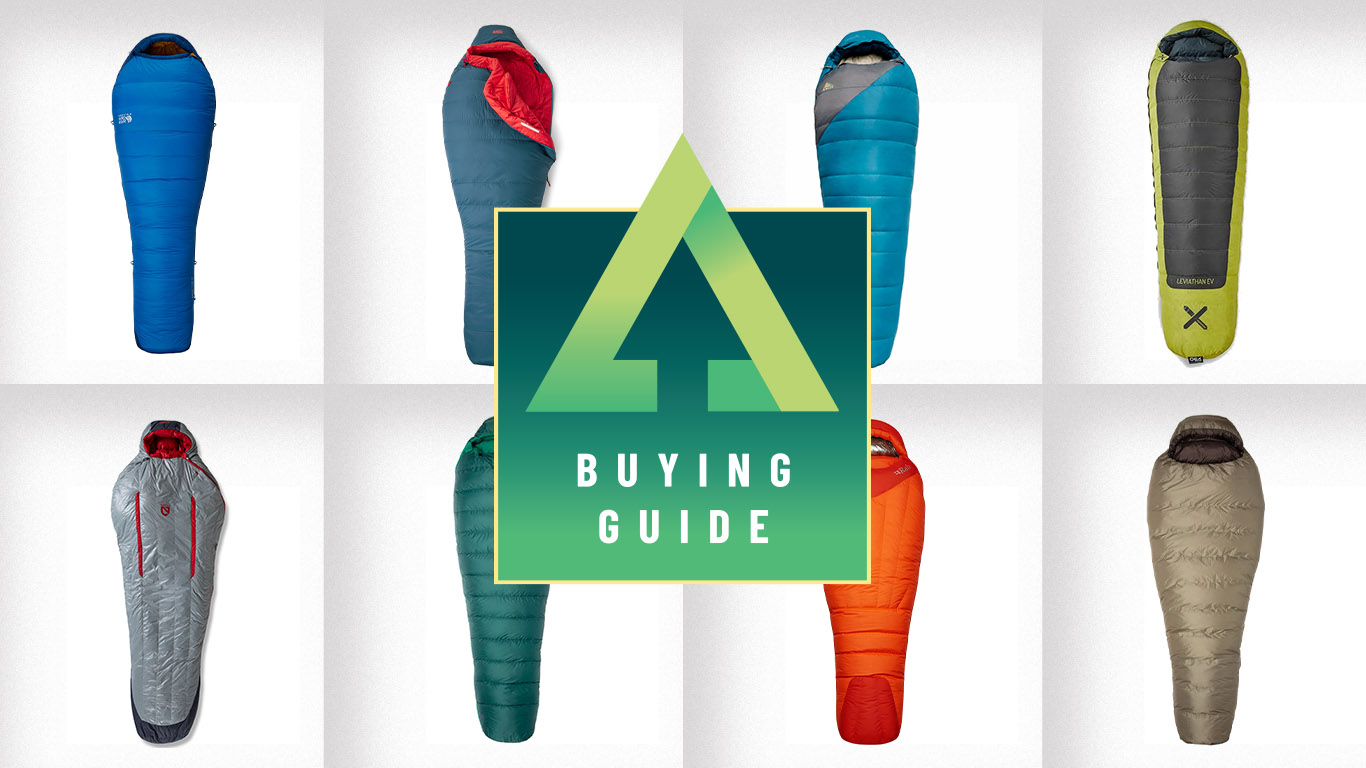
All the latest inspiration, tips and guides to help you plan your next Advnture!
You are now subscribed
Your newsletter sign-up was successful
With technical fabrics and materials constantly evolving, the best 4-season sleeping bags keep getting lighter and more packable while remaining warm and breathable.
These high-performing pieces of gear give you the most bang for your buck, offering year-round comfort. They're a go-to choice for anything from winter thru-hikes to spring mountaineering adventures and summer coastal trips.
Simply put, the best 4-season sleeping bags provide the level of insulation you need to be comfortable and safe during winter camps. Plus, as they're rated for every season, you'll get plenty of use out of your chosen bag in the shoulder seasons and summer, though we wouldn't recommend sleeping in one during a July heatwave.
Our team of expert testers have braved the elements, camping out in all kinds of conditions, to bring you this guide to some of the warmest and best sleeping bags on the market today.
The quick list
This is the quick list, a snapshot of the best 4-season sleeping bags available right now. To delve deeper into the features and qualities of each featured bag, see our more detailed reviews further down the page in this guide.
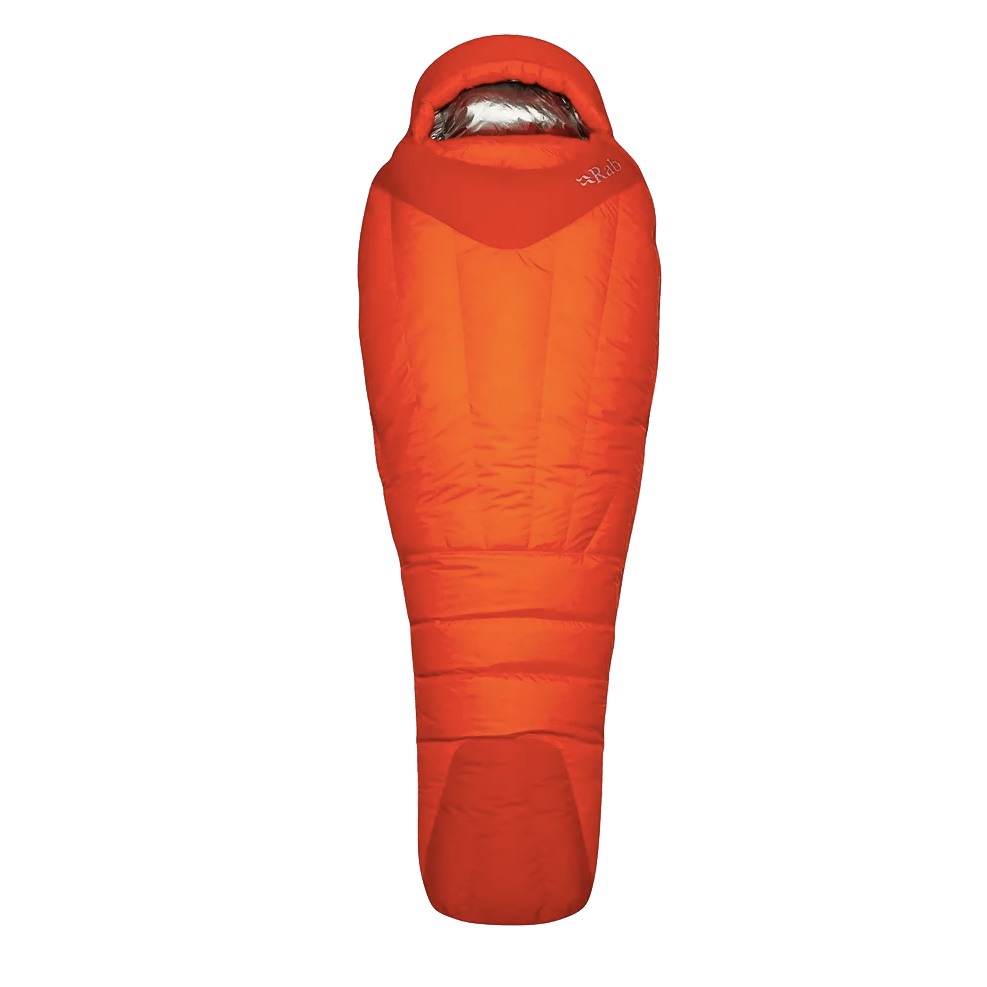
We're seriously impressed with this warm bag for seriously cold conditions: the Andes 800 is a 4-season warrior that is even at home at high altitudes in the world’s great ranges
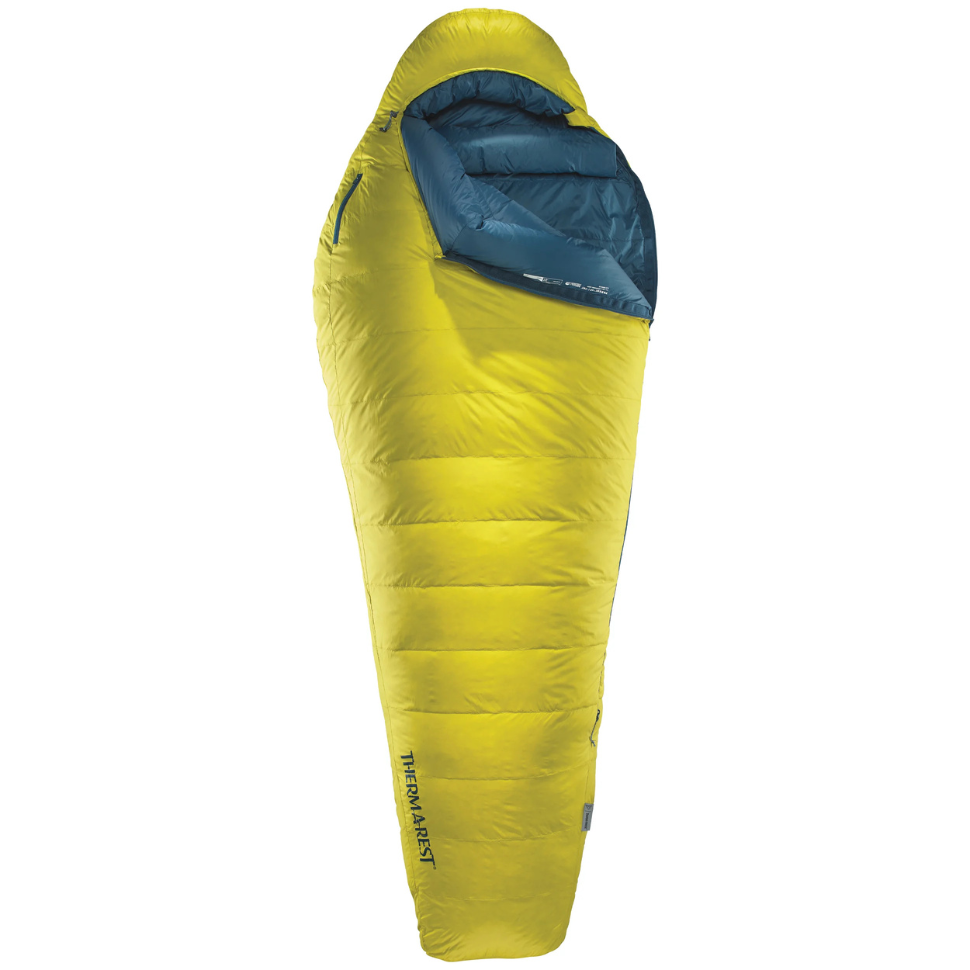
Even with the hefty price tag, we'd happily invest in this technical bag that will keep you cozy when the mercury dips below zero
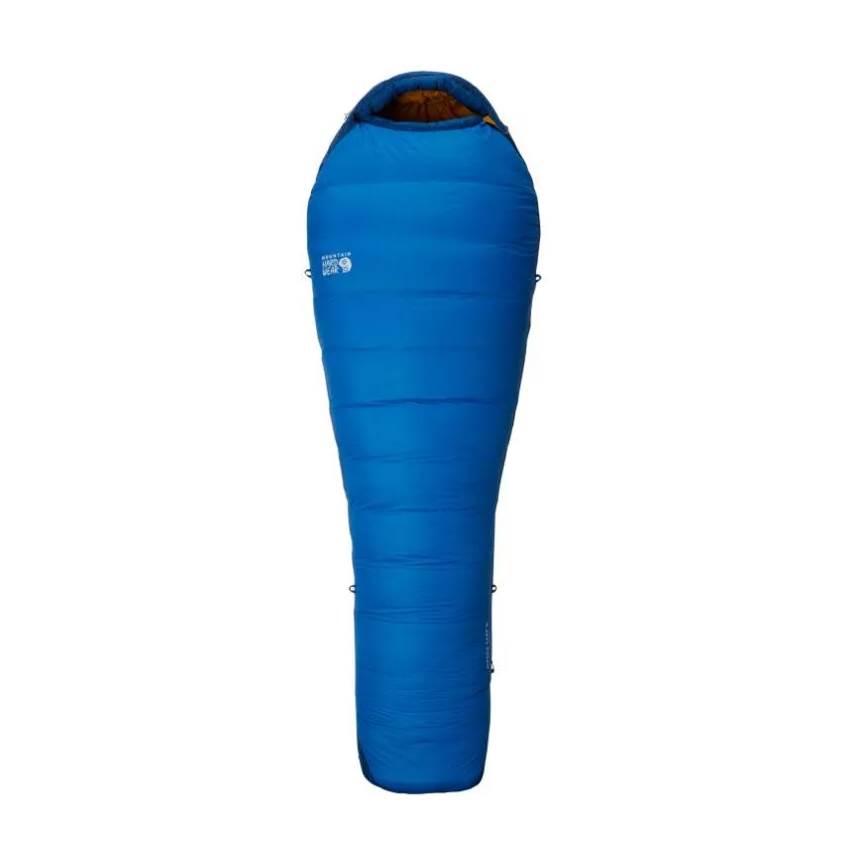
A well-priced and lightweight bag that we found was wonderfully warm thanks to its RDS down insulation and excellent design
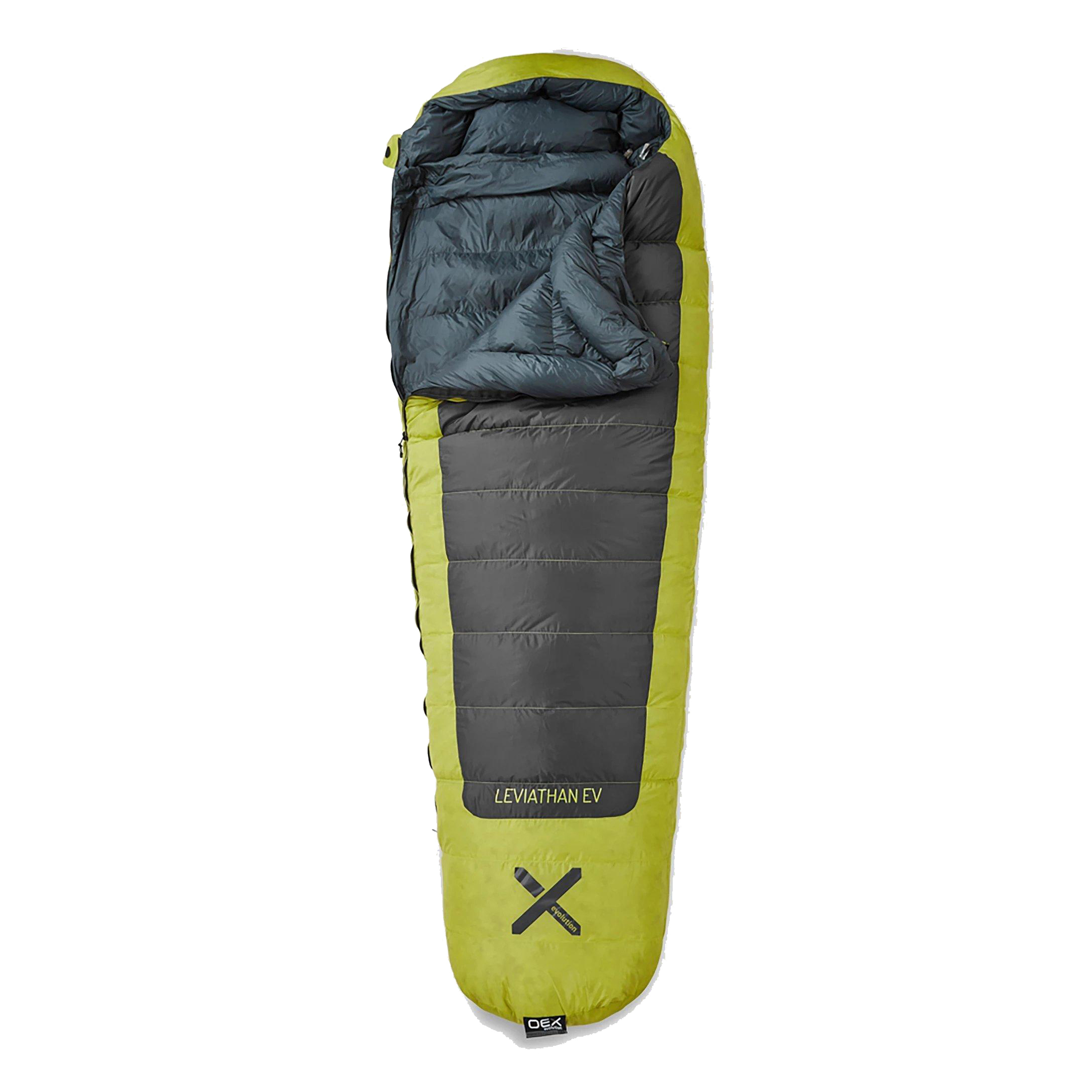
A down-filled 4-season sleeping bag that promises big things for a comparably low price tag – and we think it comprehensively delivers
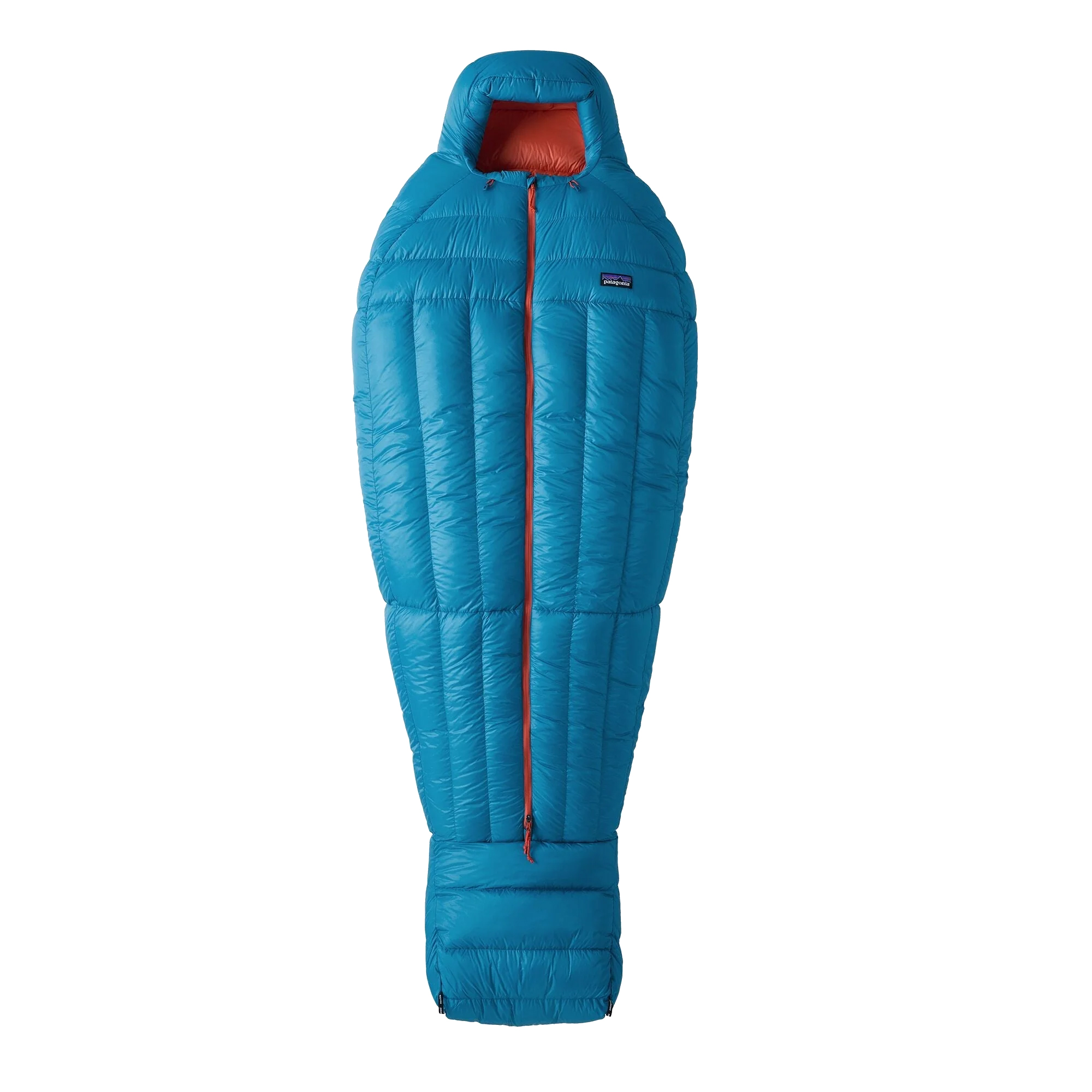
We approved of this high-end, eco-conscious and warm sleeping bag for backpacking in all seasons from the masterful folks at Patagonia
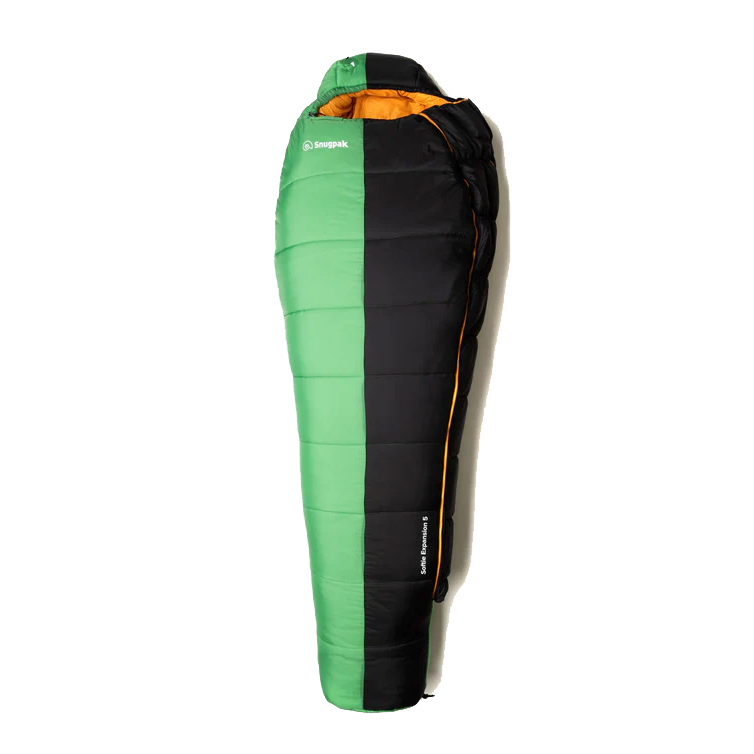
We think this luxurious feeling synthetic sleeping bag, which punches way above its weight, is the best synthetic option in terms of value
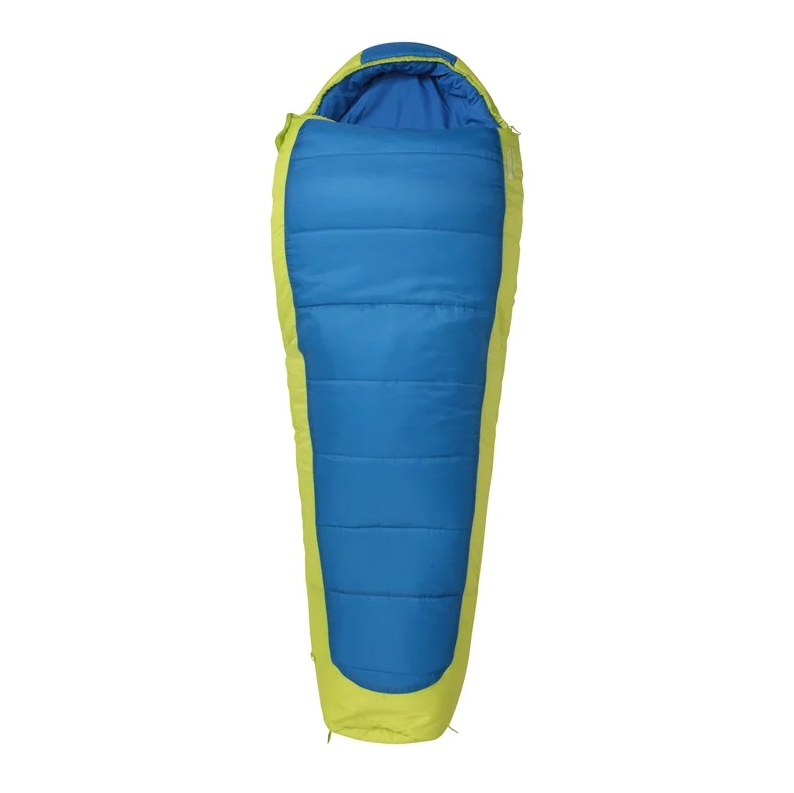
We think this is a great price for what is a cozy 4-season sleeping bag that's easy to look after, well-featured and retains its warmth when damp
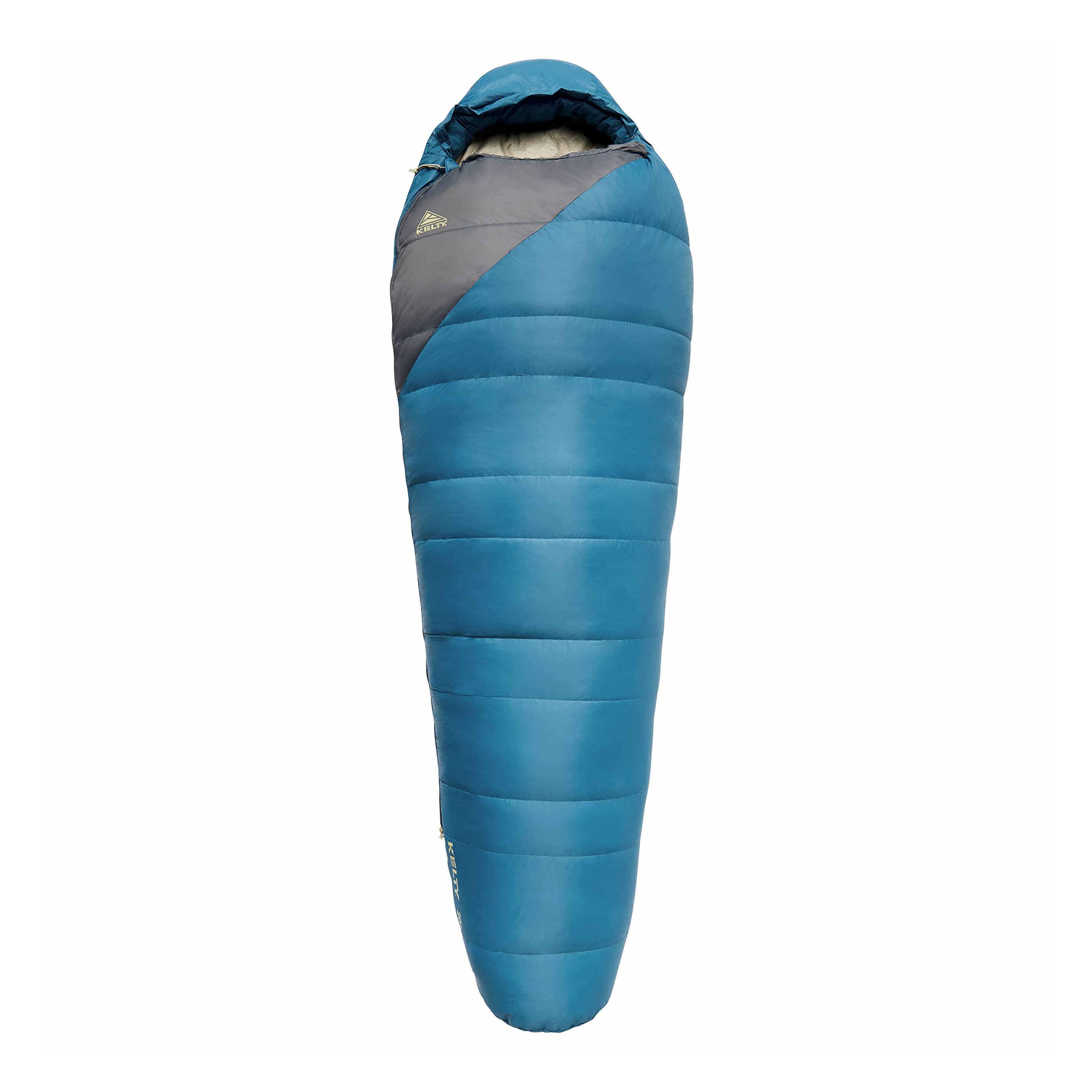
We're fans of this very affordable 4-season sleeping bag that’s well designed and intelligently featured, with a fabric shell that's soft-on-the-skin
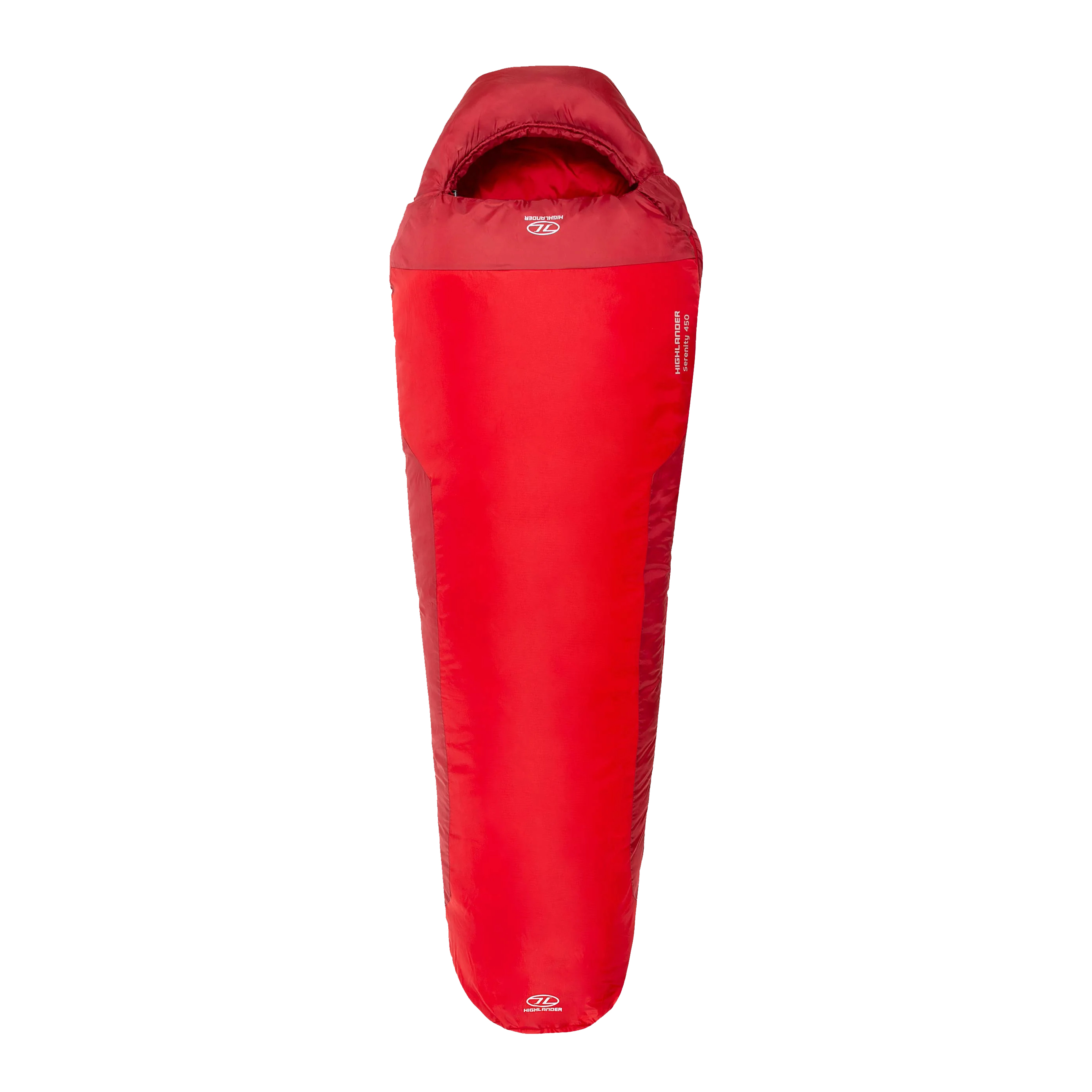
A wonderfully warm cocoon for winter camping adventures, the Serenity 450 is a quality sleeping bag at an unbeatable price – we think it's perfect for beginners
The best 4-season sleeping bags 2026
You can trust Advnture
The best 4-season sleeping bag overall
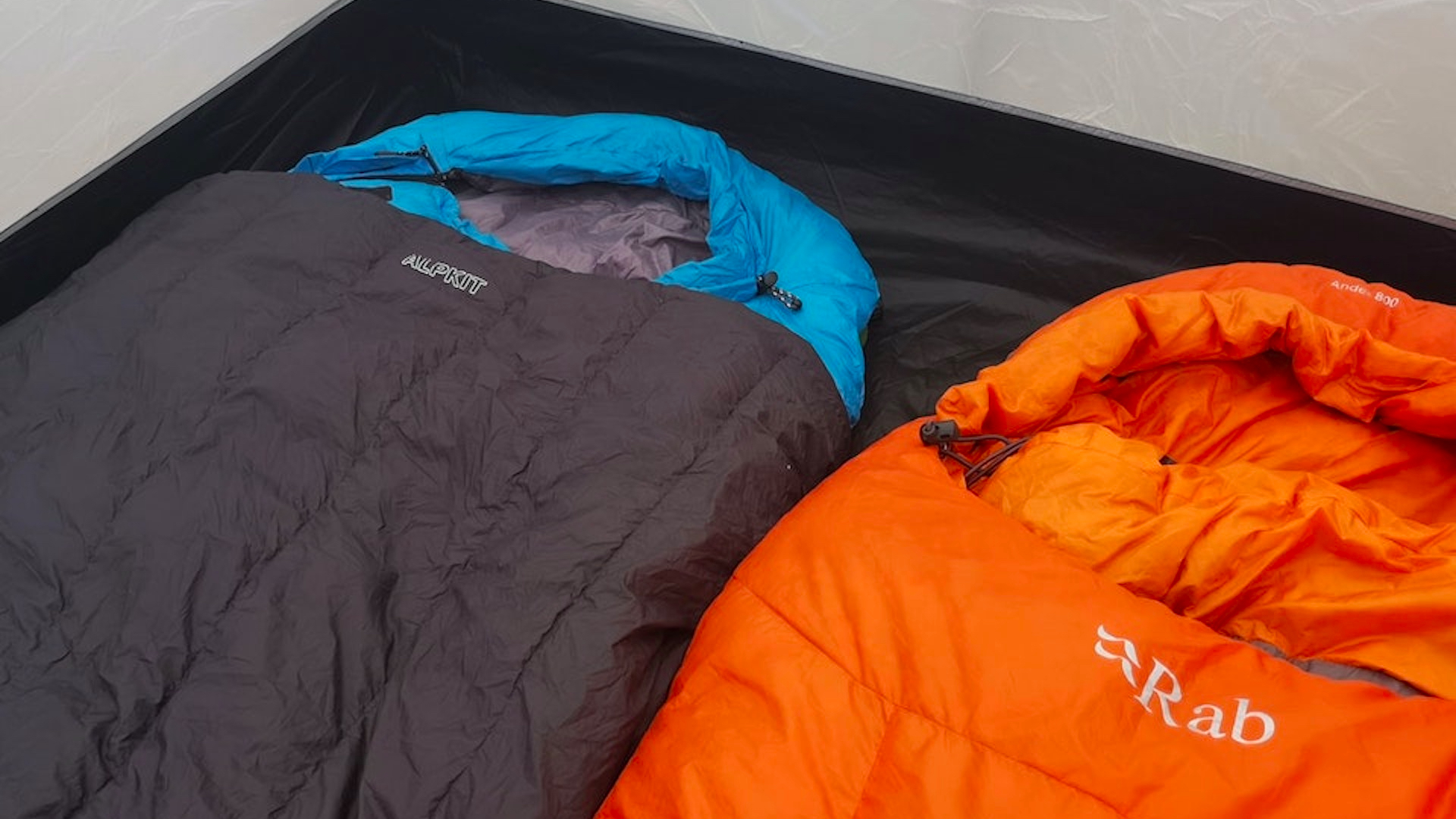
Specifications
Reasons to buy
Reasons to avoid
A "top-quality 4-season sleeping bag" according to our expert tester Matthew Jones, the Andes Infinium 800 is well equipped to deal with temperatures that drop way below freezing. But thanks to premium 800FP down insulation, it’s also competitive in terms of both weight and packability for a bag of this class.
There’s more, though. Unlike most down rivals, the Andes Infinium 800 is a far more practical choice for use in damp conditions, which is exactly what we found on test. The fill is treated with a hydrophobic finish, while the shell fabric is made from Gore-Tex Infinium. As such, it’s highly moisture resistant, making it a viable prospect even for cold weather use in predominantly wet climates.
Rab have also added a shiny TILT lining to the interior of the bag, which adds next to no weight but is designed to reflect radiated heat back to the body, further boosting its overall warmth. So too do other design features like the carefully considered baffle arrangement, tapered mummy cut, snug hood and contoured foot box.
Read our full Rab Andes Infinium 800 sleeping bag review
The best 4-season sleeping bag for comfort
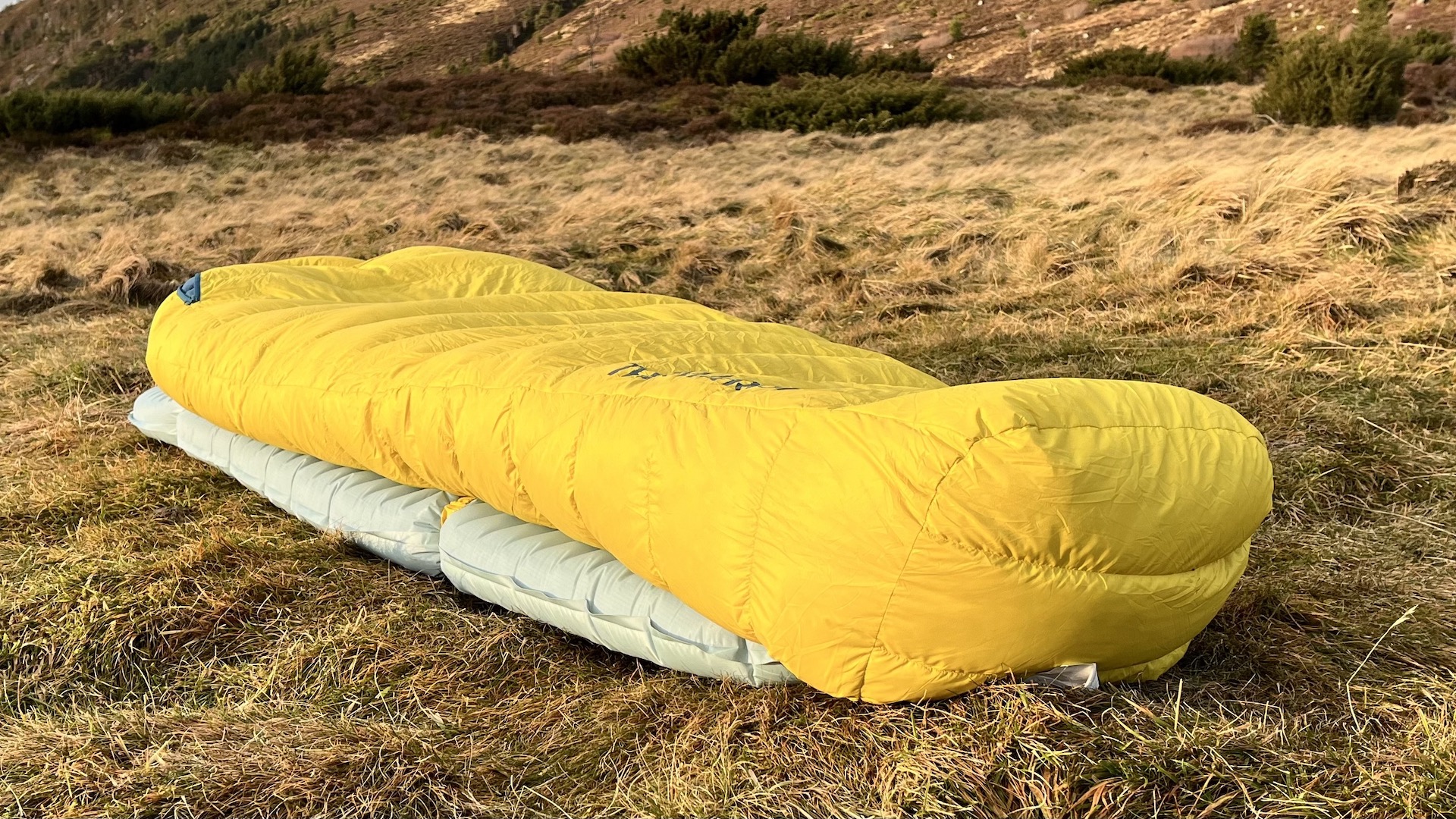
Specifications
Reasons to buy
Reasons to avoid
Searching for a sleeping bag that ticks off everything you could want from a four-season piece of gear? The Therm-a-Rest Parsec 0F/-18C is a top contender. Unfortunately, it'll leave you strapped of cash, so you'll have to go without other items on your to-buy list for a while.
Despite the eye-watering price tag, our seasoned camper reckoned it was worth the investment, testing it on a wild camping trip through Scotland’s Cairngorms National Park in temperatures down to 16°F / -9°C.
It's highly packable and he had no problem lugging it up and down munros, recommending it for adventures where you don't necessarily need the warmth, but crave a comfortable sleep. The quality down filling is gloriously lofty and doesn't clump, and combined with thoughtful features, such as smooth-running zips and sleeping pad straps, gives you the ultimate rest.
A water-repellent coating and hydrophobic-treated down means you'll keep dry in your tent, and will leave you wondering how you ever camped without this bag.
Read our full Therm-a-Rest Parsec 0F/-18C Sleeping Bag review
The best lightweight 4-season sleeping bag
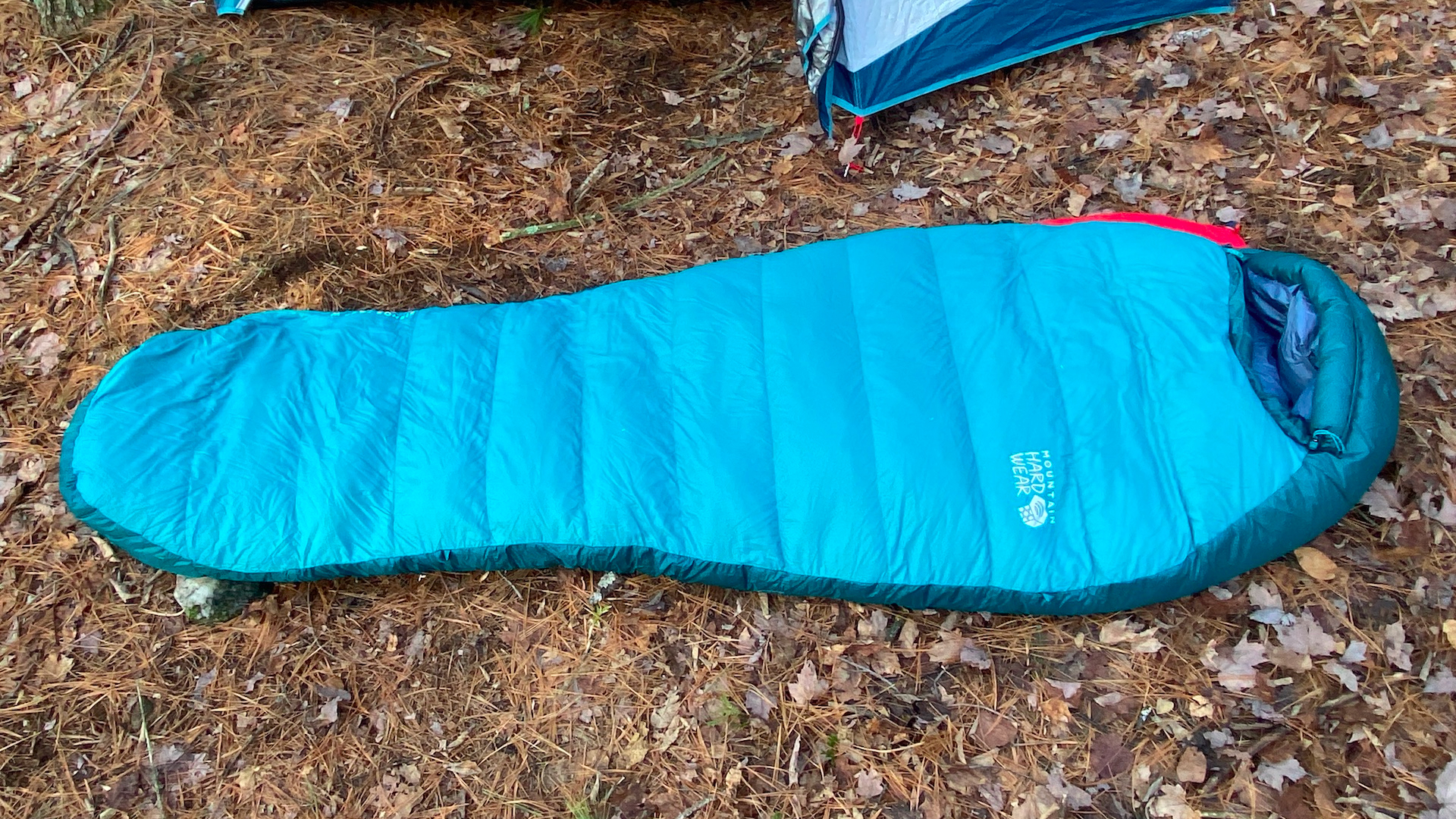
3. Mountain Hardwear Bishop Pass 15F/-9C
Our expert review:
Specifications
Reasons to buy
Reasons to avoid
With all the bells and whistles of much more expensive bags, Mountain Hardwear’s Bishop Pass Sleeping Bag uses high-quality, ethically-sourced, 650 fill power down certified to the Responsible Down Standard (RDS). The down is blown inside a wear- and tear-resistant 100% nylon shell for a sleeping bag that we found was light and compressible, as well as being easy to pack and carry. That makes it "an ideal sleeping bag for backpacking" according to our expert tester. One of the other features we love about the Bishop Pass is that it’s treated with a water-repelling finish that prevents it from getting wet from condensation inside the tent.
The Bishop Pass has many of the features of the most technical winter camping bags, including a contoured draft collar and insulated face gasket that together trapped our body heat inside the bag instead of letting heat out and cold in. A full-length draft tube further insulates by by preventing cold air from entering through the two-way zipper. We found the bag was close-fitting, which means that once you’re inside, you’ll feel warm fast because there isn’t a lot of extra space for your body to warm up. While the bag is trim, the square foot box is spacious; this means that your feet won’t feel cramped or claustrophobic, which will keep them warmer and help you sleep better.
The best value down 4-season sleeping bag
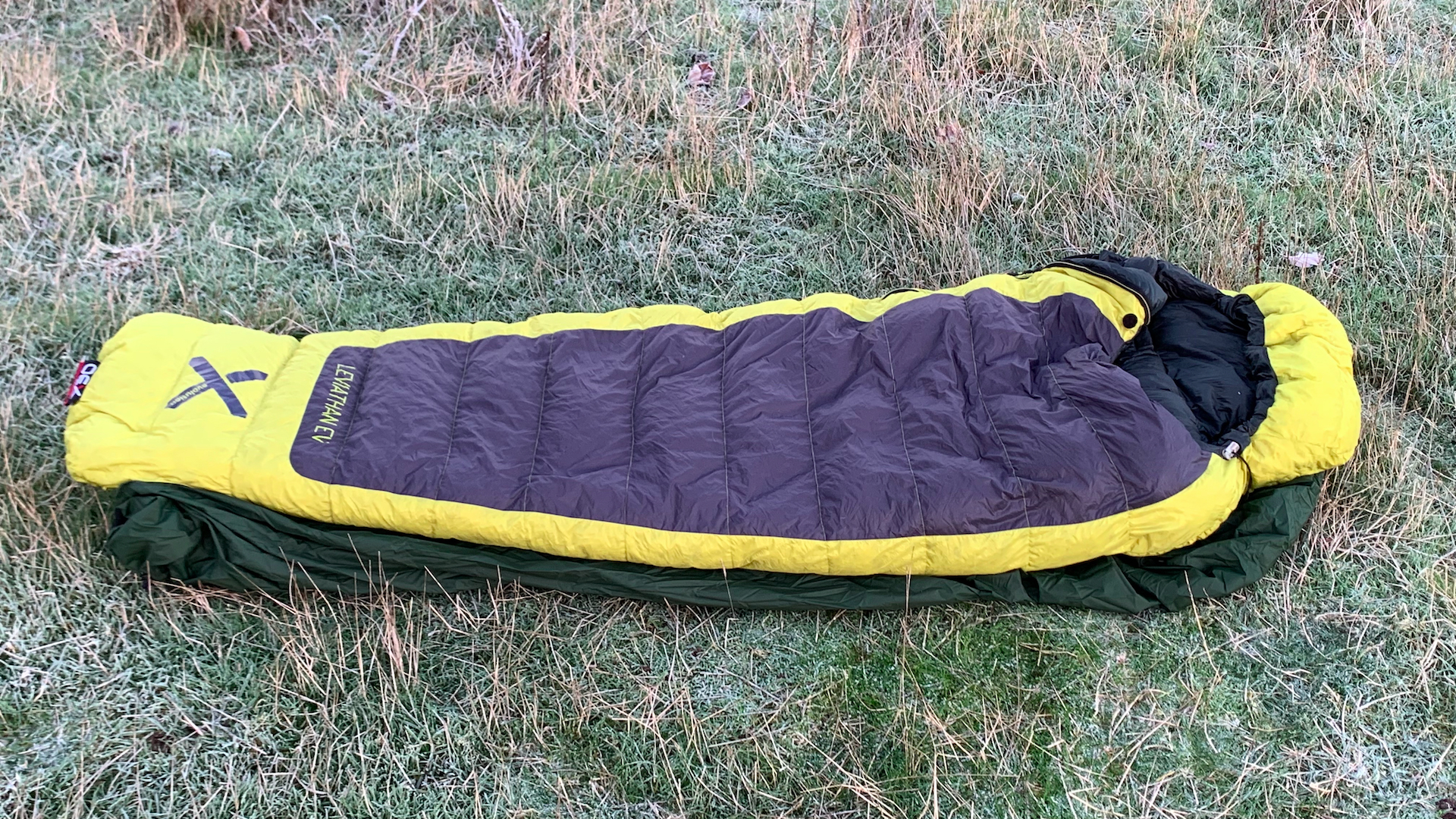
Specifications
Reasons to buy
Reasons to avoid
If you want a 4-season sleeping bag with an impressively low temperature rating for the price point, the Leviathan EV 900 is a solid contender. Ideal for adventurers who don't want to quit when the weather gets tough, Oex says the bag will see you through temperatures as low as 15°F (-9°C) – although, our expert reviewer Craig Jones thought this was a generous claim. "To get any sleep at -9°C (15°F), you would need some serious base layers on," he reckoned.
The sleeping bag has 30oz (900g) of hydrophobic 600 fill power ethically sourced duck down; the shell is created from 20D nylon. The thick baffle along the length of the side zip, as well as a huge baffle and lofty hood around the top of the bag will keep you warm in colder climates – and in our tester’s experience, it did just that.
The Leviathan 900 is also reasonably lightweight for the temperatures it is designed for, weighing in at 3lb (1.37kg). And while there are bags out there that will deliver a similar level of warmth at a fraction of the weight, our expert tester insisted "there’s simply no beating it at this price point."
Read our full OEX Leviathan EV 900 sleeping bag review
The best 4-season sleeping bag for sustainability
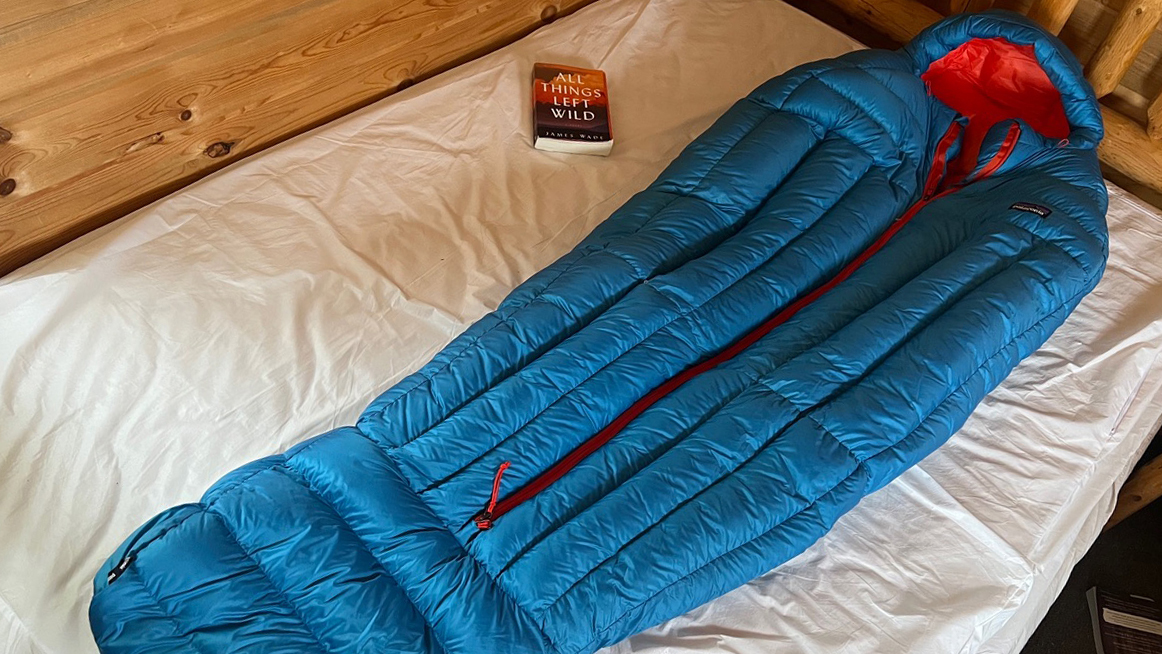
Specifications
Reasons to buy
Reasons to avoid
This down sleeping bag from Patagonia is named after the region's most famous mountain: Mount Fitz Roy (properly known as Cerro Chaltén), an astonishing peak on the border between Argentina and Chile. It's a high-end option designed for use in cold weather conditions. The bag is filled with 800-fill-power Advanced Global Traceable Down, which is ethically sourced and provides excellent insulation.
One of the key features of this sleeping bag is its vertical baffles – this design helps to keep the down evenly distributed throughout the bag and prevents cold spots from forming.
We found it was also packable and works well for trekking in the backcountry, but it is not the lightest and most compressible option. Overall, the Patagonia Fitz Roy Down Sleeping Bag is a high-quality option for camping in cold weather conditions. While it is more expensive than some other sleeping bags on the market, our expert reviewer Kin Fuller insists that "its advanced materials and features make it a worthwhile investment to ensure you’ll be camping comfortably."
Read our full Patagonia Fitz Roy Down Sleeping Bag review
The best value synthetic 4-season sleeping bag
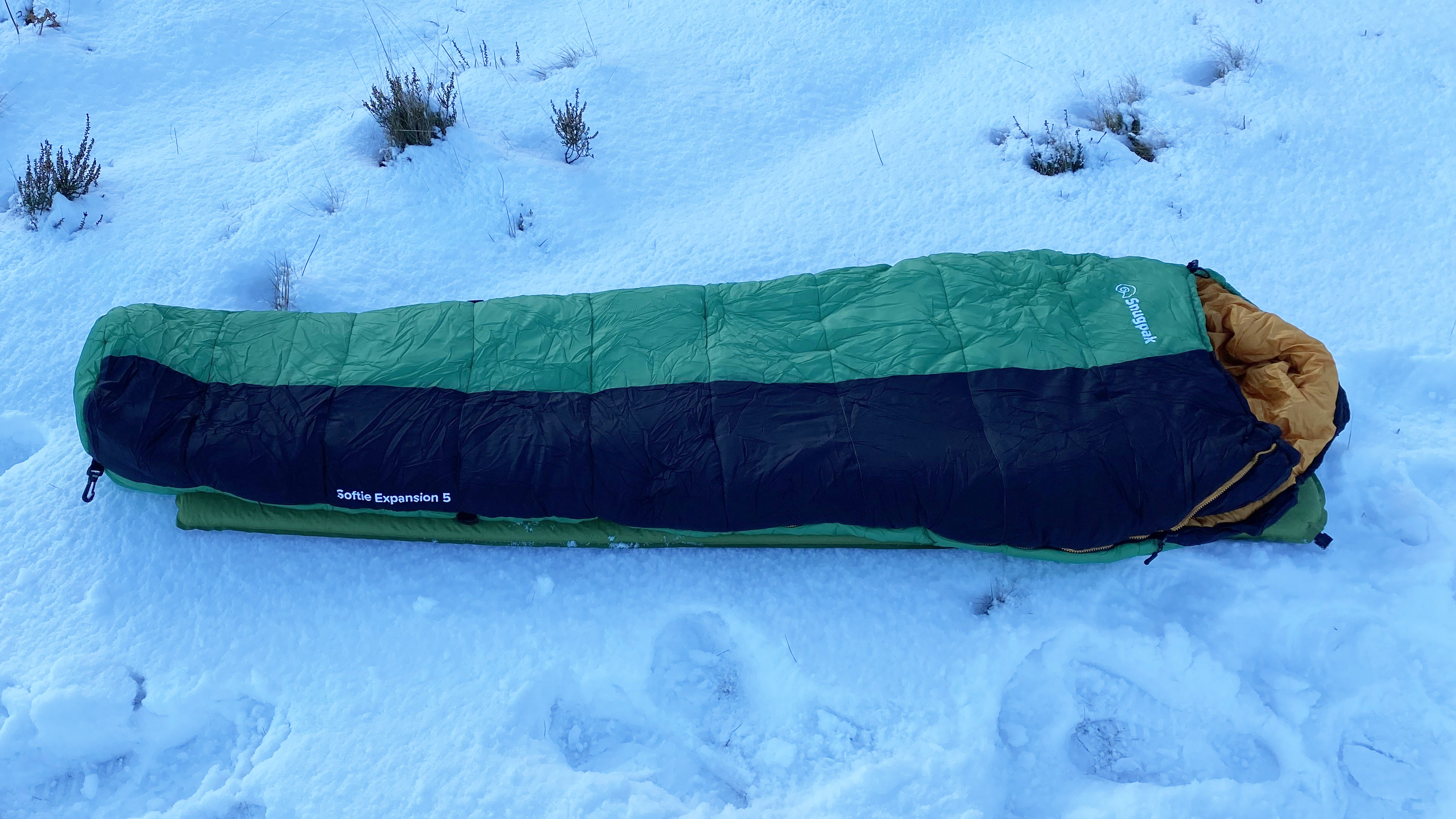
Specifications
Reasons to buy
Reasons to avoid
The polyester Softie insulation used in Snugpak's Expansion 5 is made up of superfine yarns held together with resins to mimic the insulating properties of natural down. In our expert tester Alex Foxfield's opinion, the weight it adds to the product doesn't overshadow the fact that it makes the sleeping bag so affordable.
It's "a really plush feeling bag," one that's easily warm enough for winter camping trips, he advises.
With a wonderfully cozy cocoon to nestle in and, with a comfort limit of 5°F (-15°C), you'll keep toasty in all but bitter climes. As long as you're not planning on travelling ultralight or heading out on long backpacking missions, this sleeping bag will see you through the year.
Great value then, especially considering its luxurious feel and the amount of warmth it retains. The extra features are well-designed too: an integrated LED light, elasticated expander panel to increase width, and foot shorting clips to adjust length, which double up as hanging clips to air the bag after use.
Read our full Snugpak Softie Expansion 5 review
The best budget 4-season sleeping bag
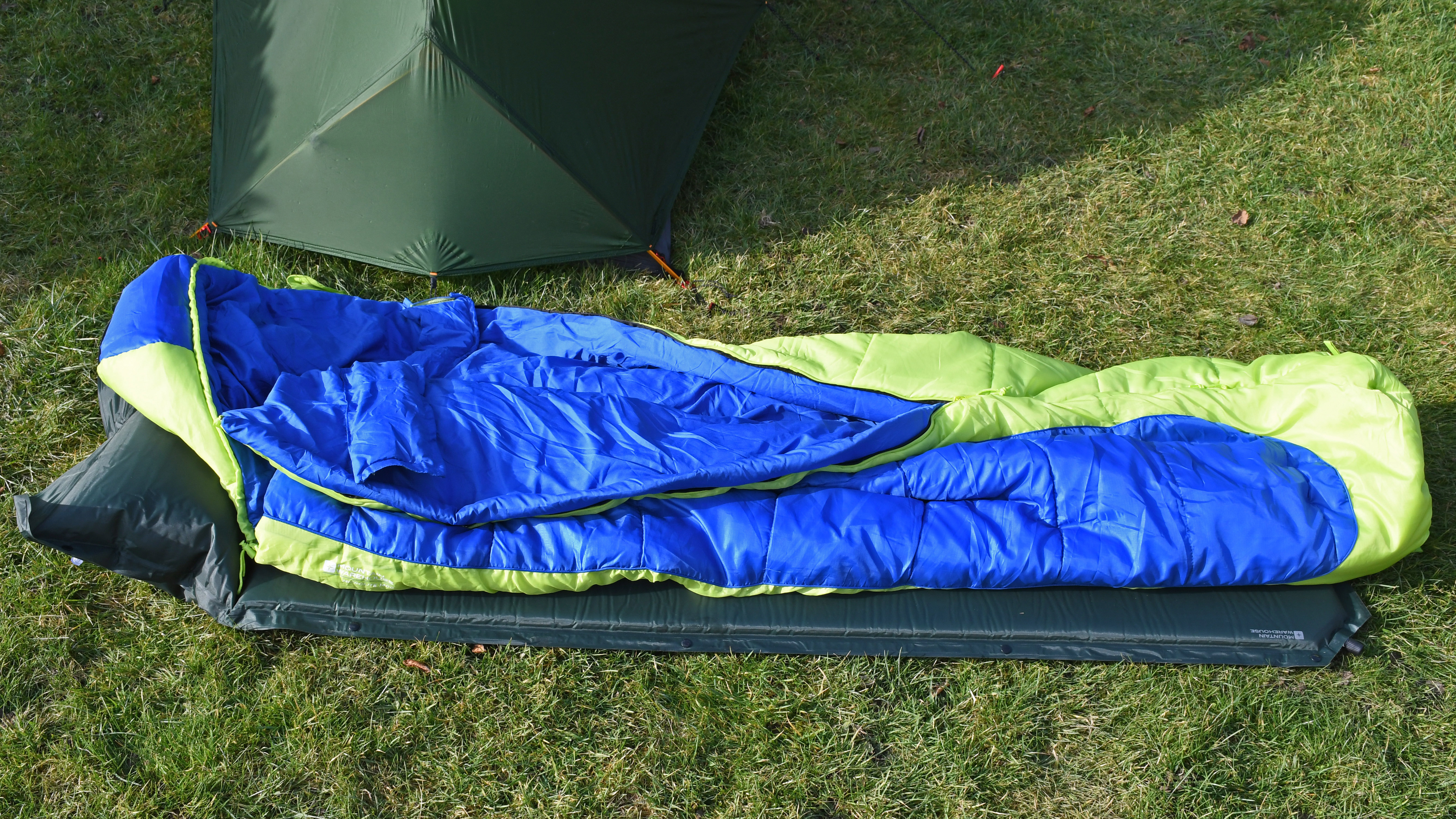
Specifications
Reasons to buy
Reasons to avoid
Four-season sleeping bags don’t have to cost a fortune, as this excellent offering from Mountain Warehouse proves. The microlight 1400 might be a little heavier and bulkier than a down-filled sleeping bag, but it is light enough to be taken on backpacking adventures, and it did a great job of keeping us warm in the conditions we encountered on test.
Our expert reviewer Pat Kinsella, trialing it on a couple of campouts during the tail end of winter, said that it's "perfectly suited to those early spring camping escapades," when days are getting warmer but nights can still be super shivery if you don’t have the right gear.
He thought the manufacturer's comfort ratings were fair and kept cozy when the temperatures took a dip below zero.
Available in versions to suit left or right handed people, the two-way zip can be opened from the bottom or top (for improved ventilation) and is backed by a storm flap to keep out draughts. The hood is a well-designed shape and can be pulled tight around your face. The bag also has internal pockets for keeping valuables safe, or phones warm and to hand.
It comes in regular and long lengths and is easy to care for, the ripstop outer fabric being robust and promising to last through many winter seasons.
Read our full Mountain Warehouse Microlite 1400 Winter Sleeping Bag review
The best 4-season sleeping bag for shorter campers
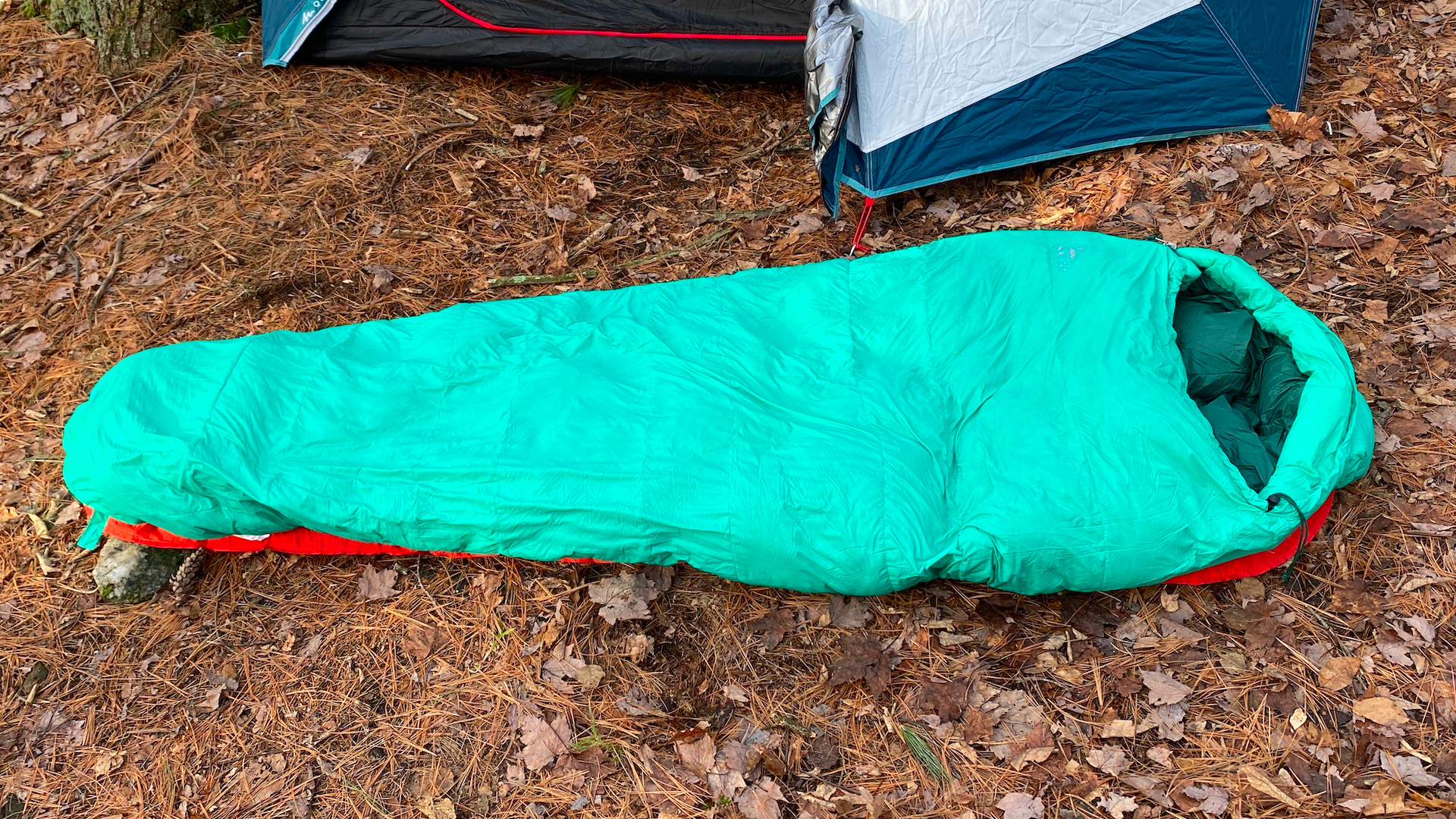
8. Kelty Cosmic Down 20
Our expert review:
Specifications
Reasons to buy
Reasons to avoid
The award-winning Kelty Cosmic Down is one of the most affordable down backpacking sleeping bags we've tested. Where other bags use horizontal or vertical baffles to hold insulation, this one uses trapezoids for thermal efficiency and to keep the bag from having cold spots.
The outer shell of the bag is coated with a PFC-free water-repellent that beads water and repels moisture. Inside, there's 550 fill down, which we found insulated beautifully, trapping our radiated warmth. A zippered internal stash pocket holds a headlamp, ID, earplugs and more. The bag opens and closes with a two-way, anti-snag zipper that allows for ventilation from the feet and from the shoulders when needed.
This bag is tried and true. In its latest iteration, Kelty increased the size of the foot box to make it non-constrictive for most feet. The bag comes with both a storage sack and a stuff sack in short, regular and long lengths and in both men’s and women’s silhouettes. While both bags are relatively affordable, the women’s costs more owing to the fact that it has more insulation because, in general, women sleep colder.
The best 4-season sleeping bag for beginners
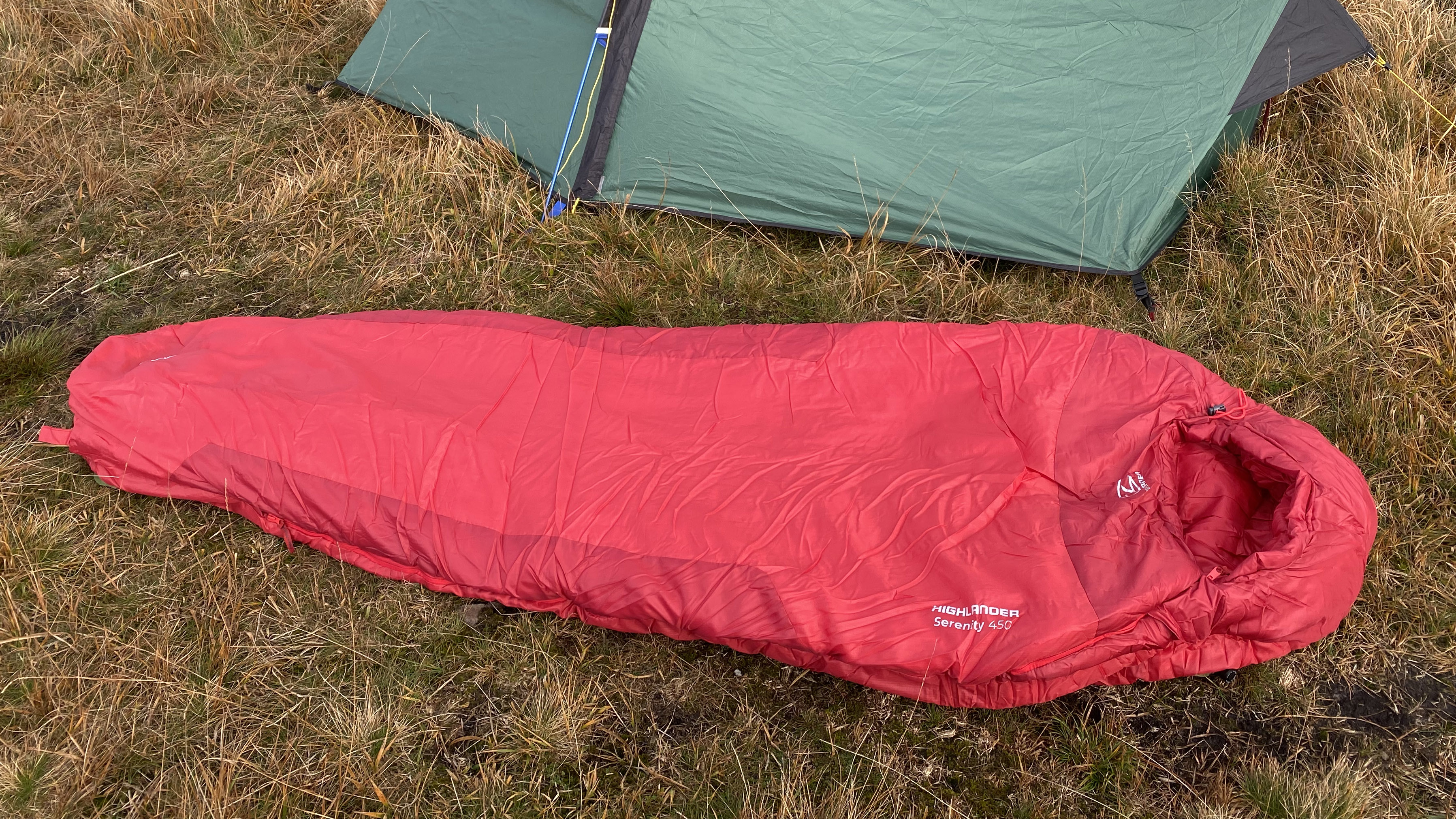
Specifications
Reasons to buy
Reasons to avoid
If you're looking to upgrade your entry-level sleeping bag or need a warmer one for winter camping, this is a great-value, synthetic option. The larger pack size and weight means it won't appeal to those who have the budget for premium down bags, but our expert tester sings its praises for single-night wild camps or year-round car camping.
Even when it is freezing outside, the Highlander Serenity 450 will keep you warm. And it is not fazed by moisture, retaining its insulating properties even when damp. Pitching it against other synthetic sleeping bags, the Serenity holds its own in terms of pack size and weight.
Prudent features include a handy two-way zip, which is teamed with an insulated baffle to keep the cold out and warmth in. Adjustable draw cords across the shoulders and on the hood mean you can truly hunker down when gusts pick up. A secure internal pocket is fastened by Velcro, keeping your valuables in place.
Highlander is a Scottish brand, and its testing ground is not for the fainthearted, meaning there's no place in its repertoire for sub-standard gear. Our expert tester used the sleeping bag on fall wild camping trips in Wales’ Brecon Beacons National Park and found it kept him toasty and refreshed for another day on the hills.
Read our full Highlander Serenity 450 Mummy Sleeping Bag review
The best 4-season sleeping bags comparison table
Sleeping bag | List price | Weight | Pack size | Comfort rating |
Rab Andes 800 Down Sleeping Bag | $700 (US) / £800 (UK) | 3lb / 1.36kg | 17.7in x 11in / 45cm x 28cm | -10°F / -23°C |
Therm-a-Rest Parsec 0F/-18C | $530 (US) / £550 (UK) | 2lb 6oz / 1.09kg | 8 x 9 in / 20 x 23 cm | 14°F / -10°C |
Mountain Hardwear Bishop Pass 15F/-9C | $275 (US only) | Reg: 2lb 5.4oz / 1 kg; Long: 2lb 7.9oz / 1.1kg | 8in x 15.5in / 20cm x 39.5cm | 15°F / -9°C |
OEX Leviathan EV 900 | £270 (UK only) | 3lb / 1.37kg | 19.3in x 23.6in / 49cm x 60cm | 15°F / -9°C |
Patagonia Fitz Roy Down Sleeping Bag | $559 (US) / £500 (UK) / €560 (EU) | 2lb 4oz / 1.02kg | – | 20°F / -7°C |
Snugpak Softie Expansion 5 | £150 (UK only) | 5lb / 2.3kg | 13in x 10in / 32cm x 26cm | 5°F / -15°C |
Mountain Warehouse Microlite 1400 Winter Sleeping Bag | £80 (UK only) | 4lb 3oz / 1.9kg | 8 x 17in / 20cm X 44cm | 25°F / -4°C |
Kelty Cosmic Down 20 | $214.95 (US) / £165 (UK) | 3lb 7oz / 1.56 kg | 8in x 13in / 20cm x 33cm | 32°F / 0°C |
Highlander Serenity 450 Mummy Sleeping Bag | £80 (UK only) | 4lb 6.5oz / 2kg | 16 x 10 x 10in / 41 x 26 x 26cm | 24.8°F / -4°C |
How we test the best 4-season sleeping bags
Our gear experts field tested each of the winter-rated sleeping bags featured in this guide while camping out overnight in a range of different locations, from North Wales to North America. Each was assessed against a set of criteria including comfort, warmth, features, packability and price.
For more details, see how Advnture tests products.
Meet the testers
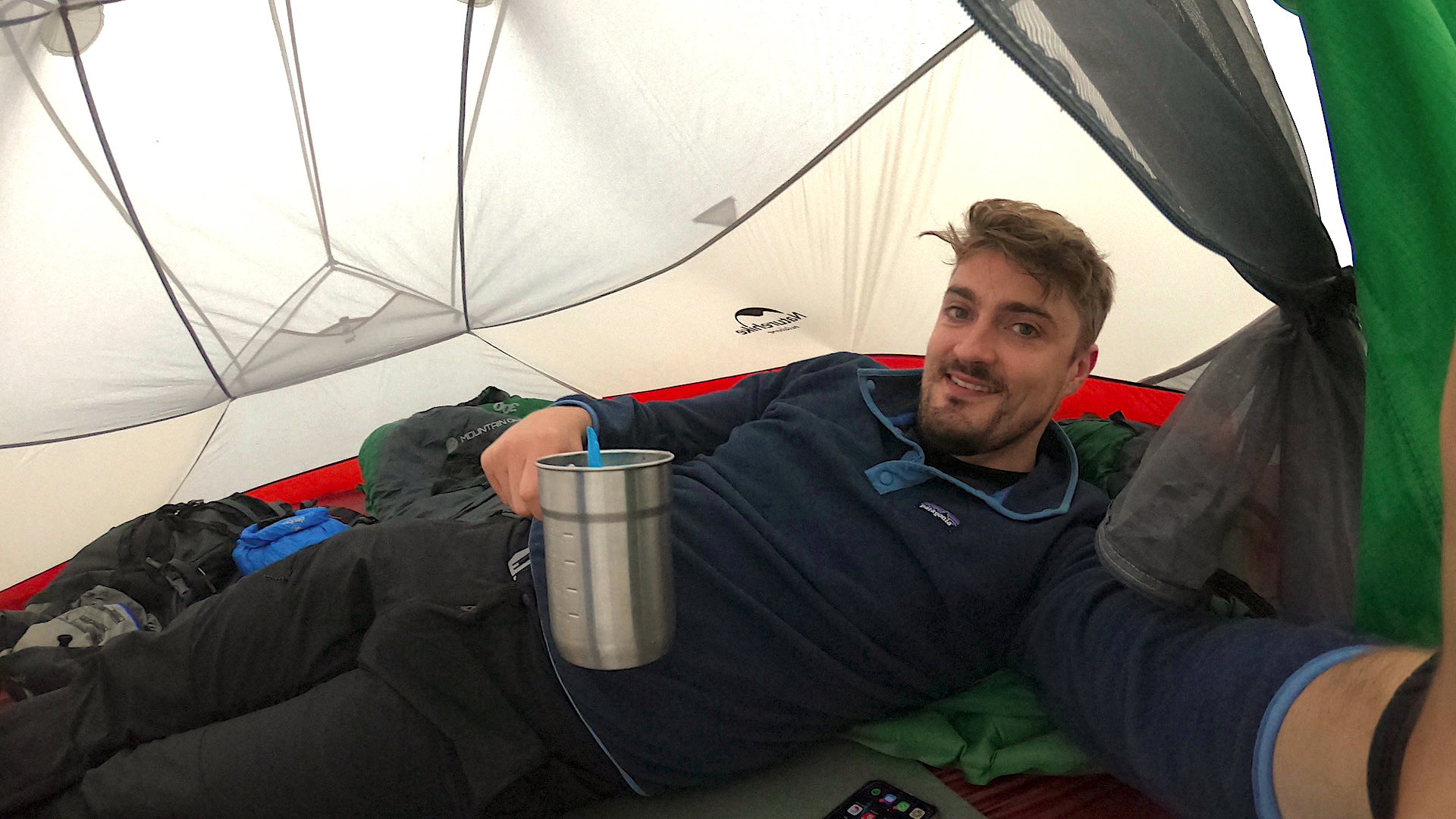
Craig loves nothing more than pitching up in the backcountry, preferably while taking on a long-distance thru-hike. His adventures usually take place in the hills and mountains of Wales but he occasionally gets away to his beloved Alps. As one of our expert campers, Craig revels in testing camping equipment and knows a sturdy shelter from on that will give up the ghost when conditions become challenging.
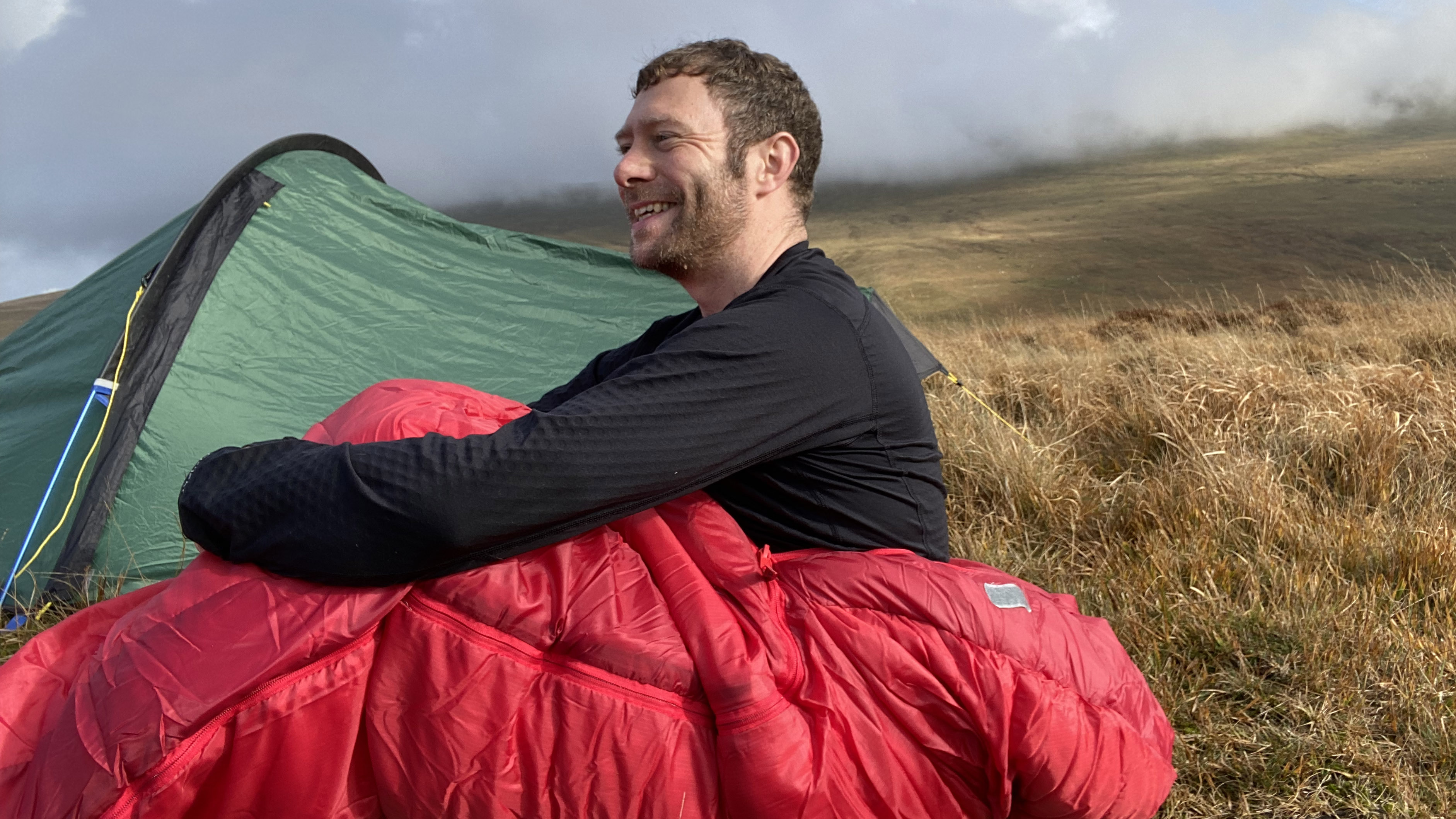
As a qualified Mountain Leader, Alex knows all about setting up an effective wild camp and he frequently enjoys backpacking expeditions in the UK's national parks. His favorite wild camping spots are remote Upper Eskdale, under the shadow of England's highest peak Scafell Pike, and Camasunary Bay, a gorgeous beach under the Isle of Skye's Black Cuillin.
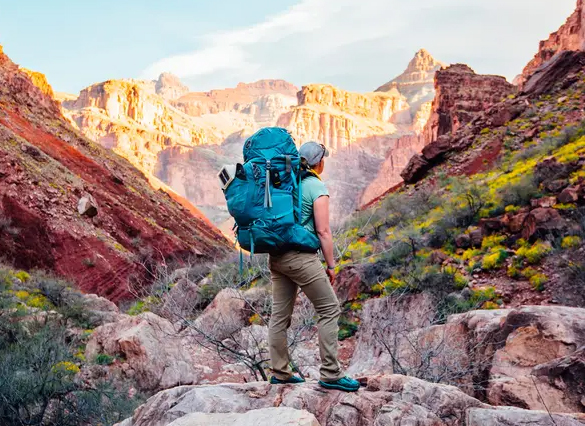
Based in Vermont, Berne is a hardcore adventurer who counts wild camping among her favorite activities. She's adventured all over the world, from the Arctic climes of Alaska and Greenland to the heat of Jordan and the altitude of Bolivia.
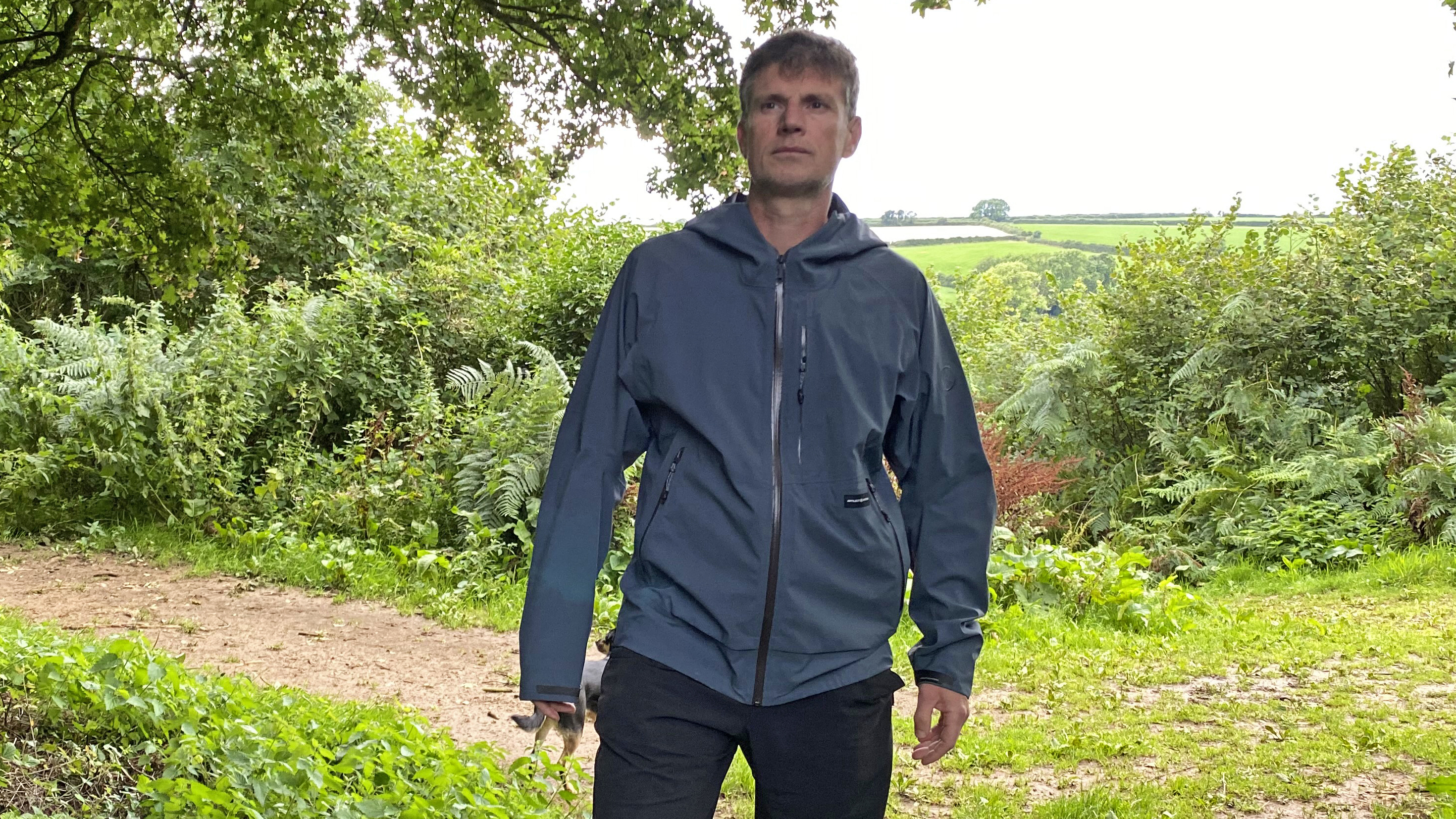
Pat's outdoor adventures have taken him across the world and, wherever he goes, he's usually got a tent or bivy in his backpack, with a decent camping bag in tow. These days, when he's not solo camping in the hills, he enjoys camping trips with his family. An experienced gear tester, he leaves no stone unturned and no peg unexamined when it comes to judging outdoor kit and knows well the value of a good sleeping bag.
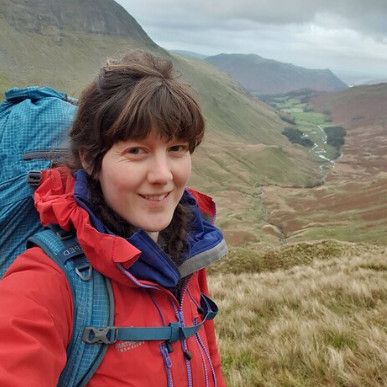
Based in Dartmoor National Park, the only place in England where it's technically legal to wild camp, Emily has long been a fan of nights under canvas. As a mountain leader, she knows all about camping out in the wild and is also an expert outdoor gear tester.
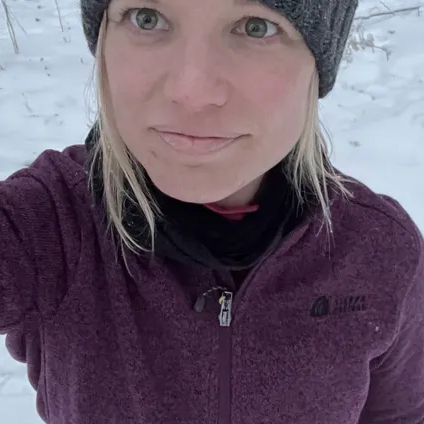
Colorado-based Kim is passionate about outdoor adventure all year round but has a particular love of it in the colder months. However, she enjoys life under canvas throughout the seasons and is one of our most knowledgable camping gear experts.
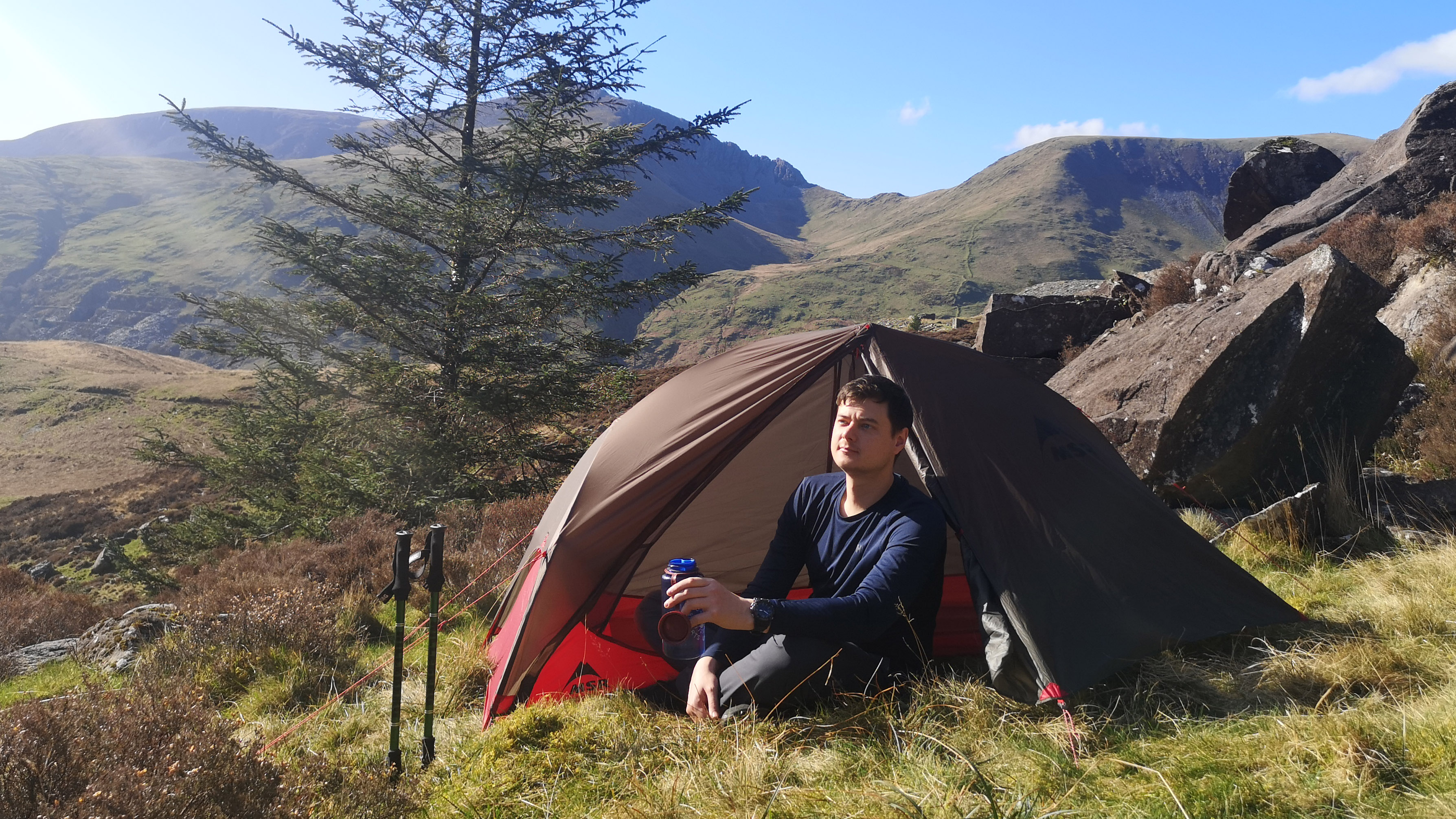
Matt is one of our main outdoor gear experts and is a hugely experienced camper. He's worked for both the Ramblers and the Scouts and has a huge passion for camping. One of his most epic adventures saw him undertake a backpacking journey of 298 miles on the Cambrian Way long-distance trail, while he's often out under canvas in his beloved Eryri (Snowdonia) National Park.
How to choose the best 4-season sleeping bag
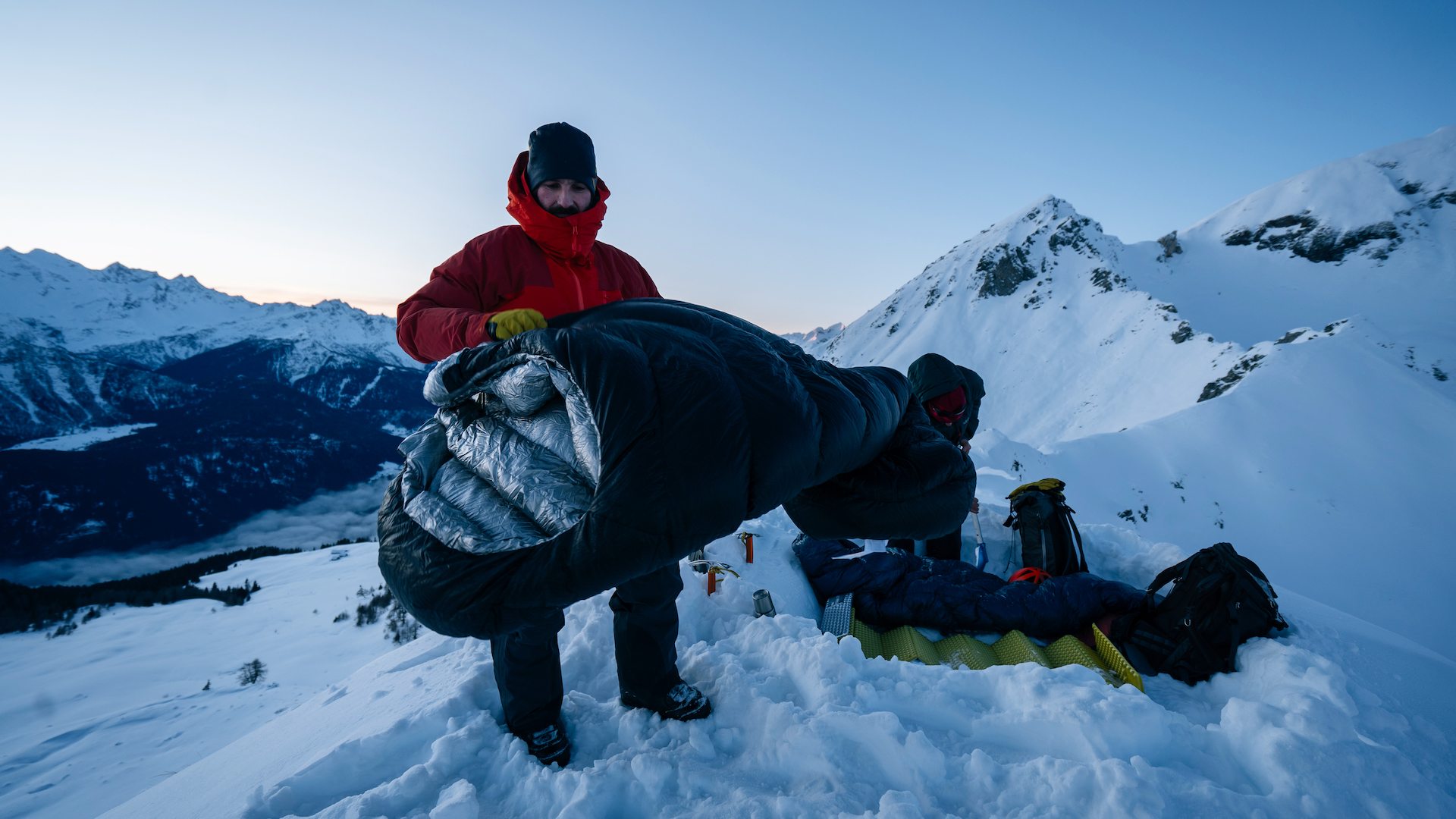
When shopping for the best 4-season sleeping bag for your winter adventures, there are various things that you need to be aware of to ensure you’re making the right choice. Understanding these and then shopping for bags that deliver on the features you need most in accordance with your own budget is the best way to maximize bang for your buck. Otherwise, you’ll quickly see that the amount you can spend on winter bags is impressive to say the least…
So, before you go spending way too much for something that you’ll only be able to use a few times a year, here are some extra things for you to consider to help you camp in comfort and get a good night’s sleep.
What are temperature ratings on a 4-season sleeping bag?
When it comes to temperature ratings, this is perhaps the single most important identifier of a true 4-season or winter sleeping bag. To be extra safe, you’re going to want to go big! In general, a “true” 4-season sleeping bag should be able to keep you warm in temperatures 20°F (-7°C) or colder.
Don’t instantly believe everything published by manufacturers, however, as temperature ratings are notoriously flexible. Our bodies respond to cold differently, so where one person might sleep soundly in a sleeping bag at 20°F (-7°C), somebody else using the same bag might shiver so much they crack a tooth. Conversely, a bag that keeps a cold sleeper comfortable in the winter might make warm sleepers too hot. So take the ratings with a pinch of salt and consider how warm or cold you tend to run.
For the best gauge of a bag, pay close attention to the comfort rating: this is the temperature at which the average person should be able to comfortably sleep without waking for eight hours. The other ratings, namely the lower limit and the “extreme” limit relate to temperatures at which the bag should keep you alive, not happy. For safety reasons, you should steer well away from these, and if you plan on camping at -4°F (-20°C) , it’s important you get a bag with a comfort rating down to that temperature.
When using a winter bag for the first time, it’s always a good idea to give it a test run first before you commit to using it deep in the backcountry. Using it for a night in the garden or at a pitch close to the car is always a good idea; just so you know what the bag can cope with.
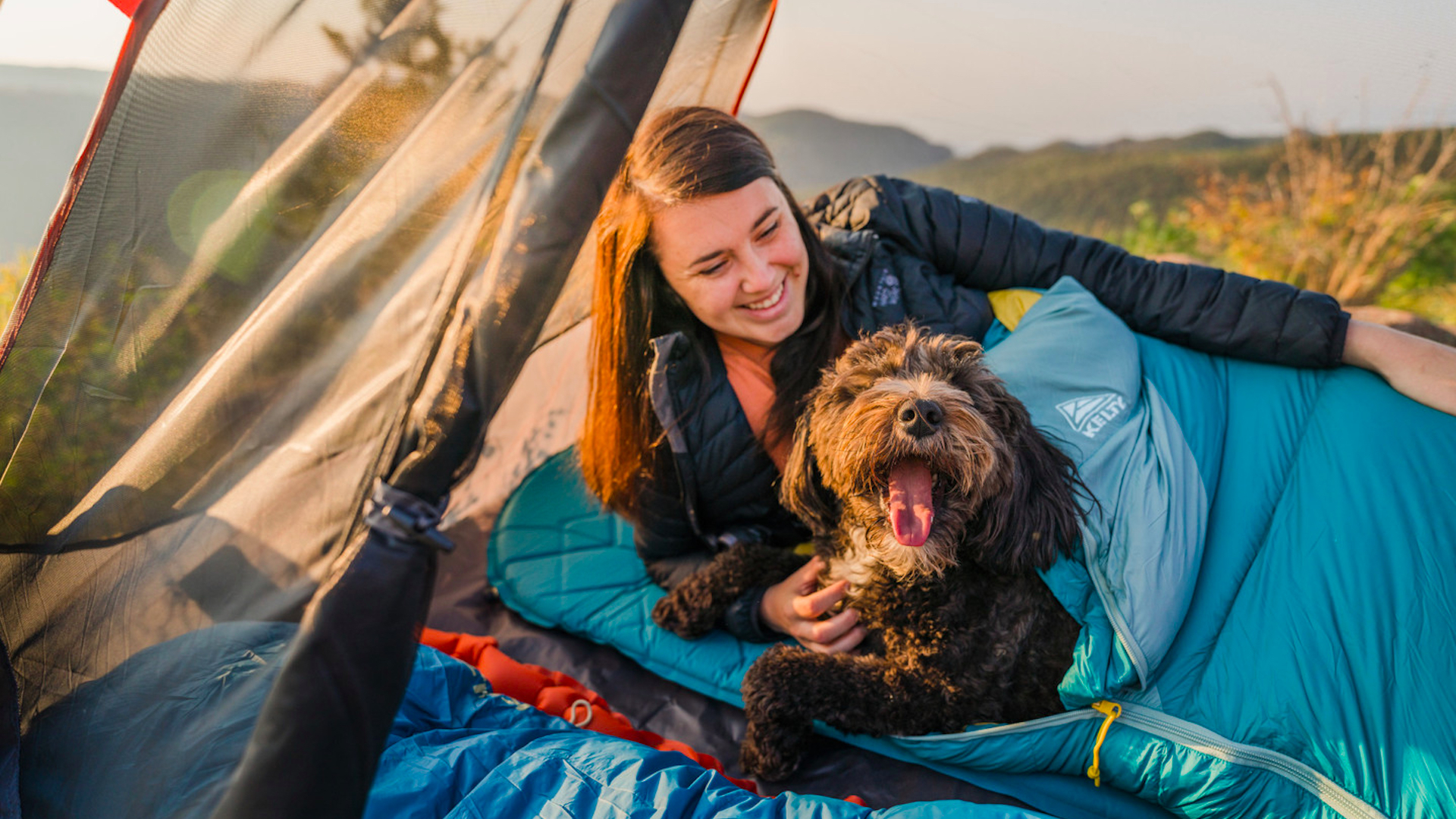
Should I choose down or synthetic insulation?
Insulation is undoubtedly one of the biggest drivers in decisions regarding winter sleeping bags. It’s what the bag is made of, after all! And ultimately, you’ve got two options: down or synthetic.
For years, down insulation has been considered the gold standard. Derived from the plumage of ducks and geese, it offers incredible warmth for the weight, and packs down smaller than any other insulation on the market. This makes down bags more packable and lighter on average than most synthetically-filled bags out there, though they do tend to be pricier. When it comes to down, pay attention to the fill power, which is a reasonable indicator of down quality. It relates to the loftiness of the down itself, and generally speaking, the higher the number, the better the quality (with 900 fill power being the best you can get).
Unfortunately, however, down comes with one clear disadvantage: its performance when it gets wet. Despite the best efforts of the outdoor industry, be it in the form of hydrophobic or Teflon coatings, the feathers will still lose their loft when they get damp and thereby lose much of their ability to keep you warm. This is where synthetic insulation excels and is often the better choice for wet or humid environments, despite being heavier and less packable (in general).
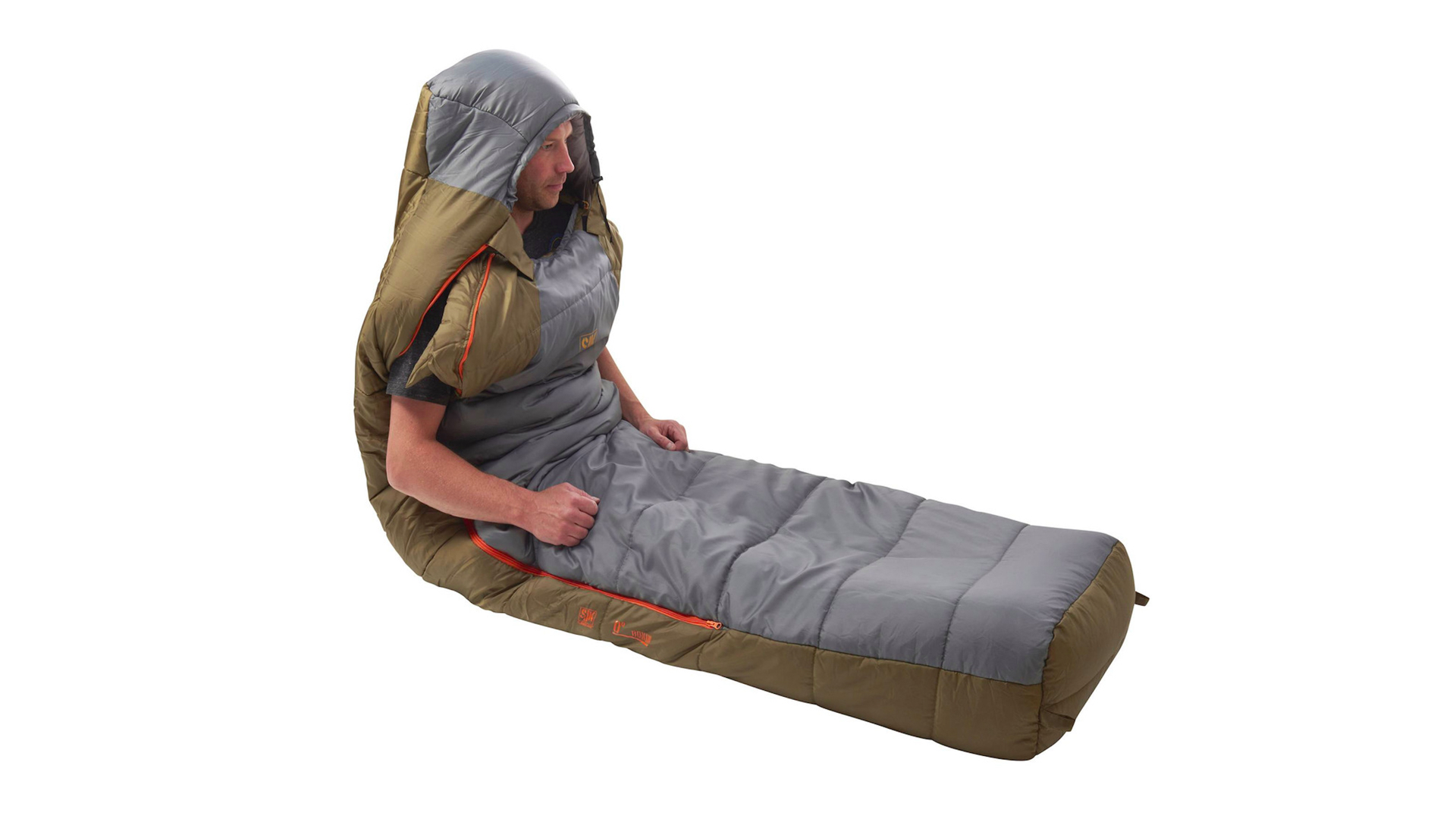
FAQs
What are hoods and baffles on a 4-season sleeping bag?
One clear difference when it comes to 4-season bags is that they will almost always come with hoods and baffles. Rectangular bags that don’t cover your head might be fine during the warmer parts of the year, but in the winter you really need a bag in which you can properly batten down the hatches. That’s why winter bags almost always come with hoods that can be cinched down tightly around the head.
As zips can allow for heat to escape, a good winter bag will also come with baffles along the length of the zip that seal everything in once it’s closed. A baffle will often be present around the shoulders to cinch down and tighten everything up, thereby preventing any heat from escaping through the night.
How large and heavy should a 4-season sleeping bag be?
Because of their additional insulation, 4-season/winter sleeping bags tend to be substantially bigger and heavier than their 3-season counterparts, so don’t be shocked by the numbers if you’ve not shopped for one before. The most heavy duty bags with comfort temperates of below 14°F (-10°C) can weigh well over 6lb 10oz (3kg), in fact, and will barely fit into a 60L rucksack. On the other hand, down-filled higher-end models with an equivalent temperature rating may get as light as 1lb 14oz (850g) and pack down to the size of a soccer ball. Just be prepared to pay in excess of $1,000 for something like this.
Finding the balance is ultimately a question of your budget: getting a bag that’s super warm, ultralight and packs down small is going to cost you quite a lot of money – there’s simply no way around this. Instead, consider what type of adventures you’ll be using it on, be that long-distance treks, bivy camps on snowcapped summits, or dispersed camping trips a short walk from your car, and think about where you’d be happy to make compromises. Do you really need your bag to weigh less than 2lb? And do you really need a bag with a comfort rating of -8°F (-22°C) when something half as warm would do? Be honest with yourself about how you’ll use it, and let this inform the type of bag you really need.
Oh, and one last tip: if your bag is very large, you may save space by packing it in a dry bag. These allow you to squeeze out all of the air and almost vacuum-seal it shut. You’ll be surprised at how small you can squash bags down to with this method, and as you can then mold the subsequent package into practically any shape you want, it’s way easier to manipulate into your pack. This works for both down or synthetic-filled bags.
What else do I need as well as a good 4-season sleeping bag?
One last thing to bear in mind is that a good sleeping bag is only the start. You can have the warmest sleeping bag on the market, but if you don’t combine this with a good sleeping pad or camping mattress and a proper shelter, you’ll still struggle to keep warm in the winter.
What should I do with my old sleeping bag?
If your old sleeping bag still has some life in it (see our guide to repairing a sleeping bag if it's showing signs of wear), you can donate it to an outdoor gear exchange to give someone else their first taste of camping if they couldn't otherwise afford it.
If your bag isn't in good enough condition for that, there are still some options. If your bag is filled with down, then you send it to a company that can reuse it like Uniqlo in the US or Rab and Alpkit in the UK.
Synthetic sleeping bags can usually be recycled as textiles. Check with your council or local authority to find our where you can take or send them.
All the latest inspiration, tips and guides to help you plan your next Advnture!
Growing up just south of the glorious Brecon Beacons National Park, Craig spent his childhood walking uphill. As he got older, the hills got bigger, and his passion for spending quality time in the great outdoors only grew - falling in love with wild camping, long-distance hiking, bikepacking and fastpacking. Having recently returned to the UK after almost a decade in Germany, he now focuses on regular micro-adventures in nearby Snowdonia and the Brecon Beacons, as well as frequent trips to the Alps and beyond. You can follow his adventures over on komoot.
- Emily Woodhouse
- Berne Broudy
- Kim FullerAdvnture contributor
- Matthew Jones
- Pat KinsellaAdvnture Consulting Editor
- Alex Foxfield
